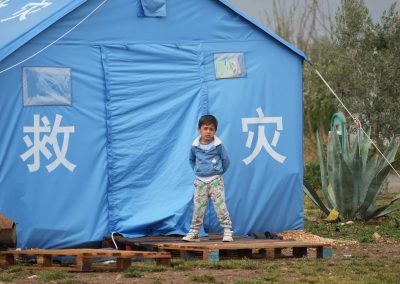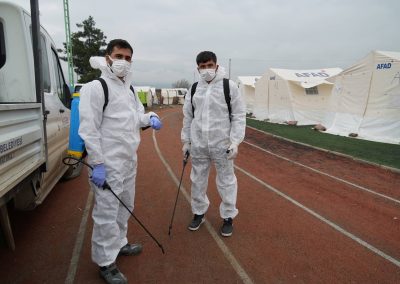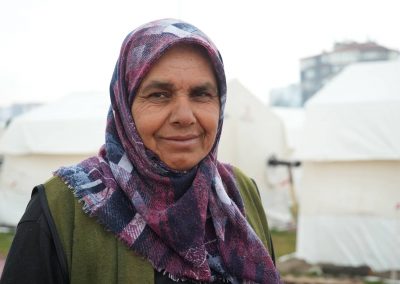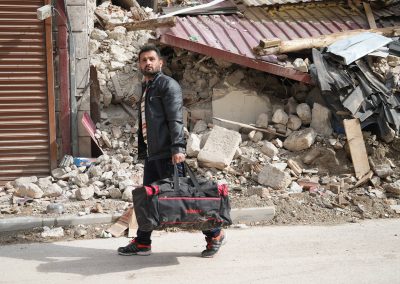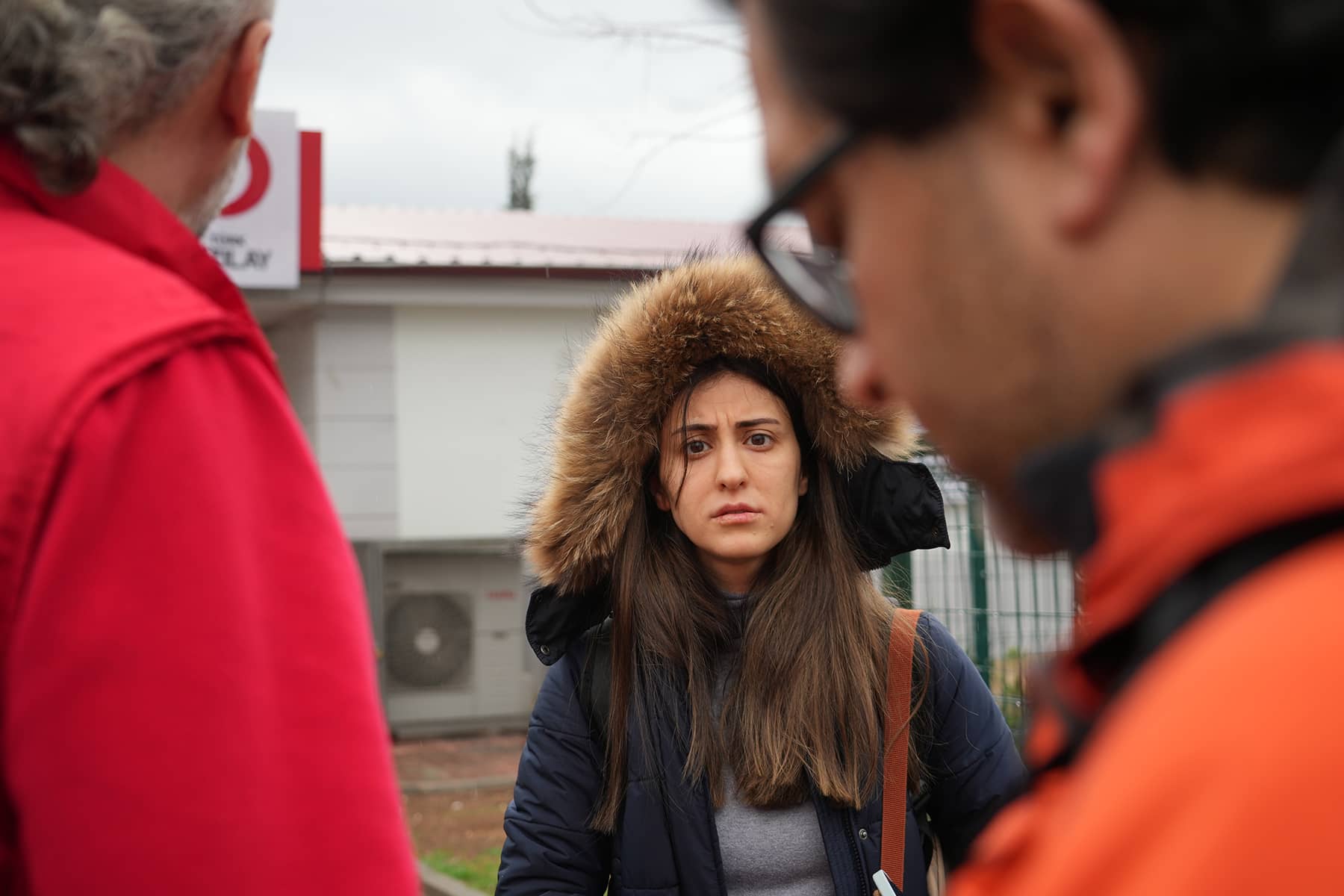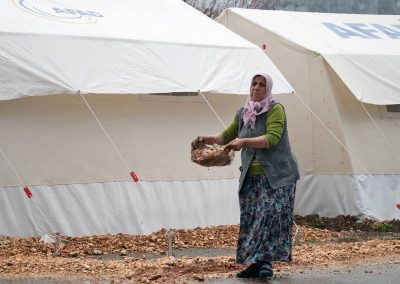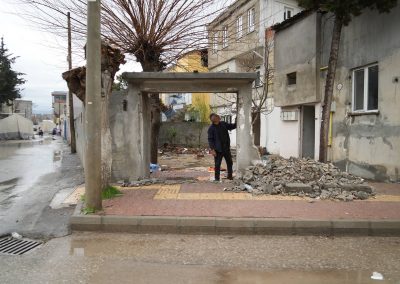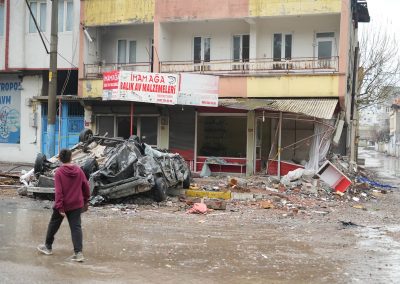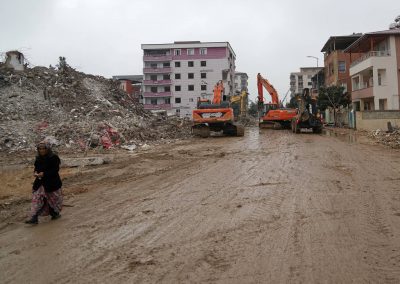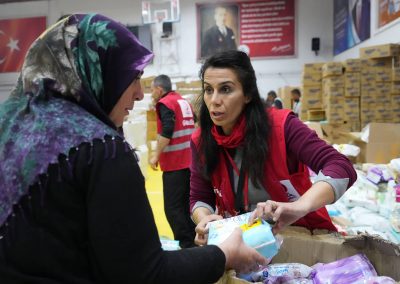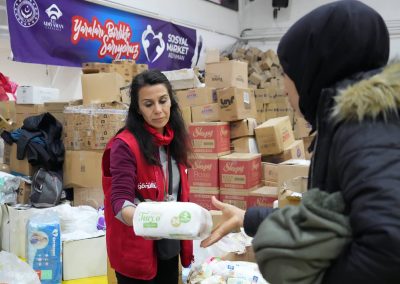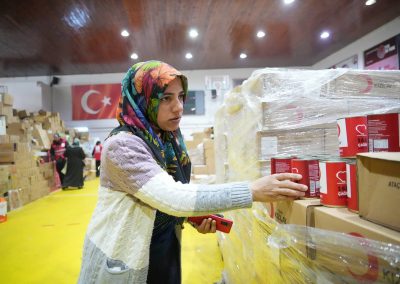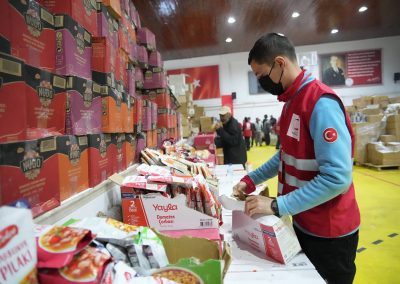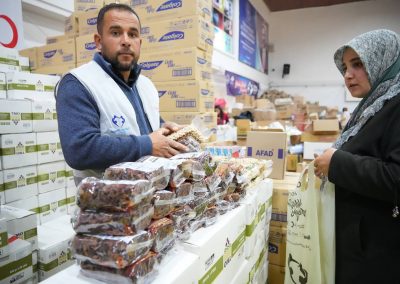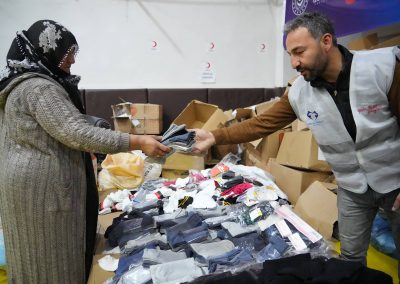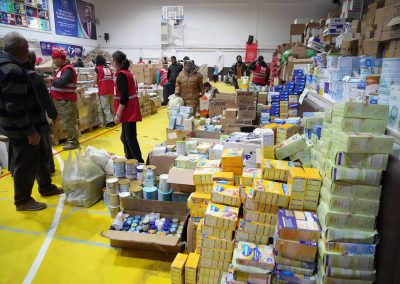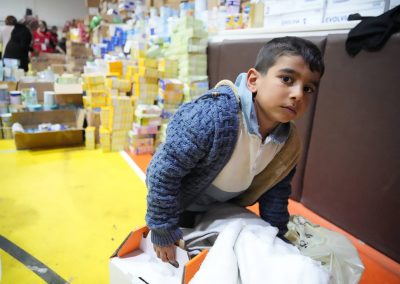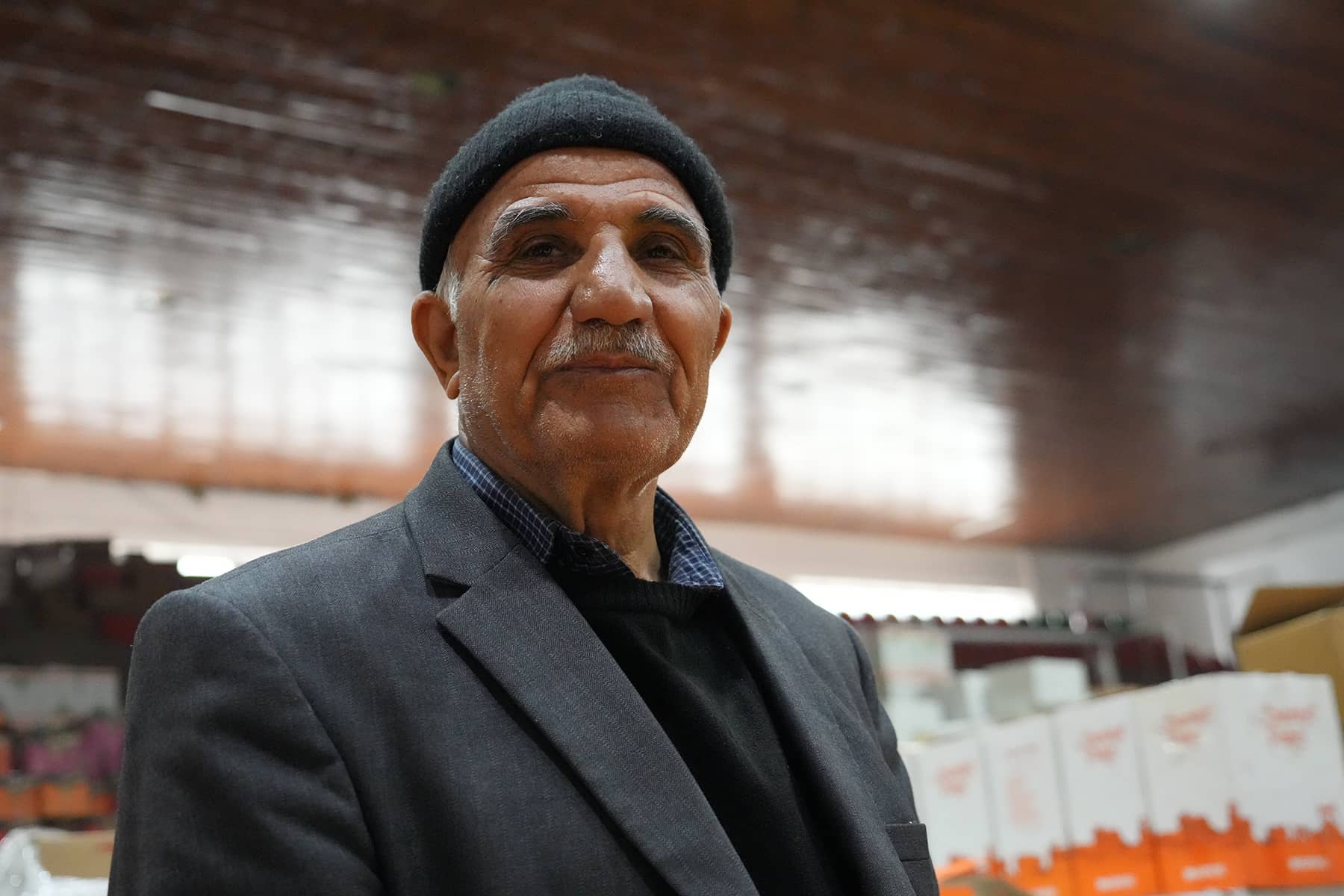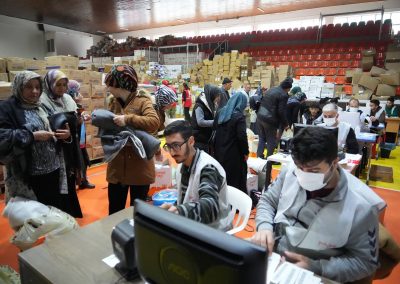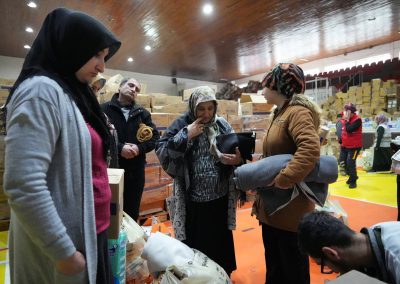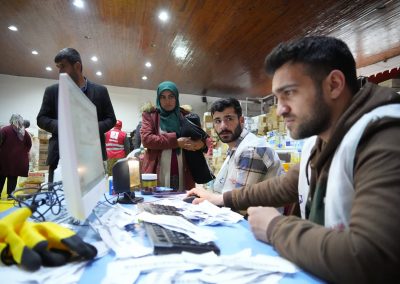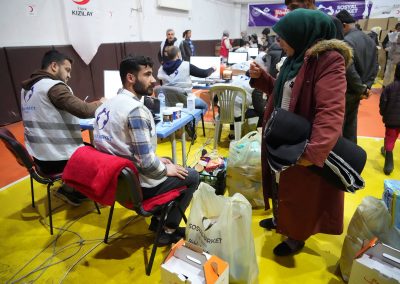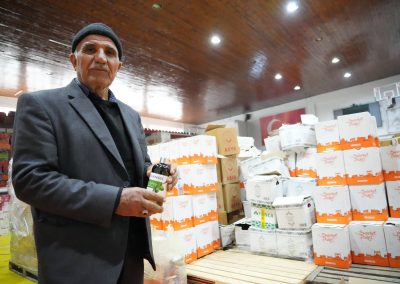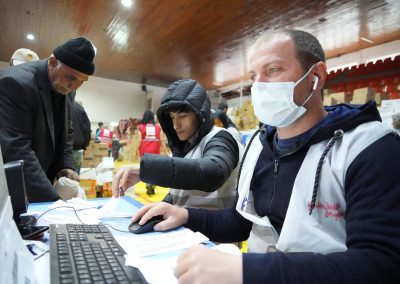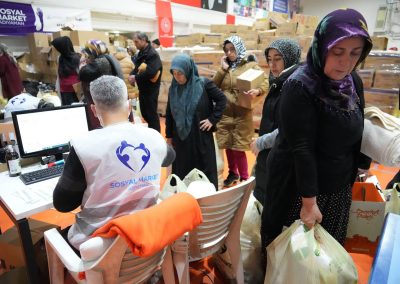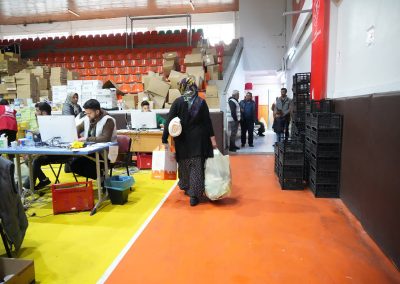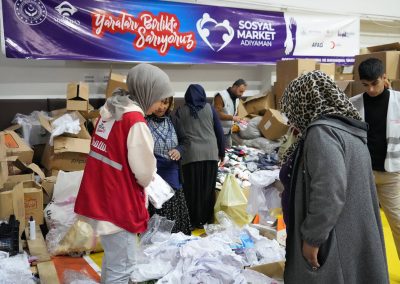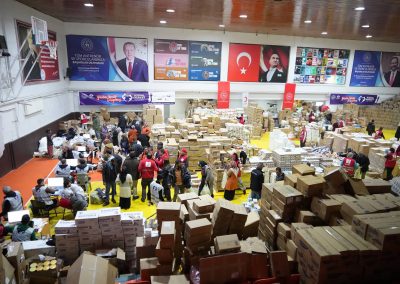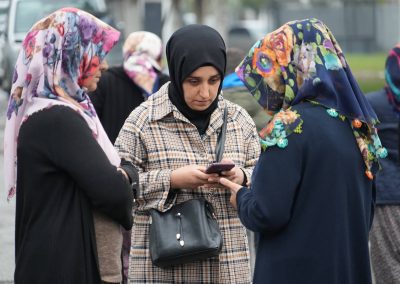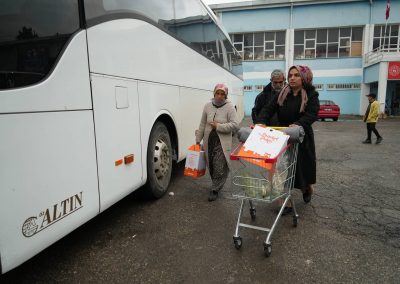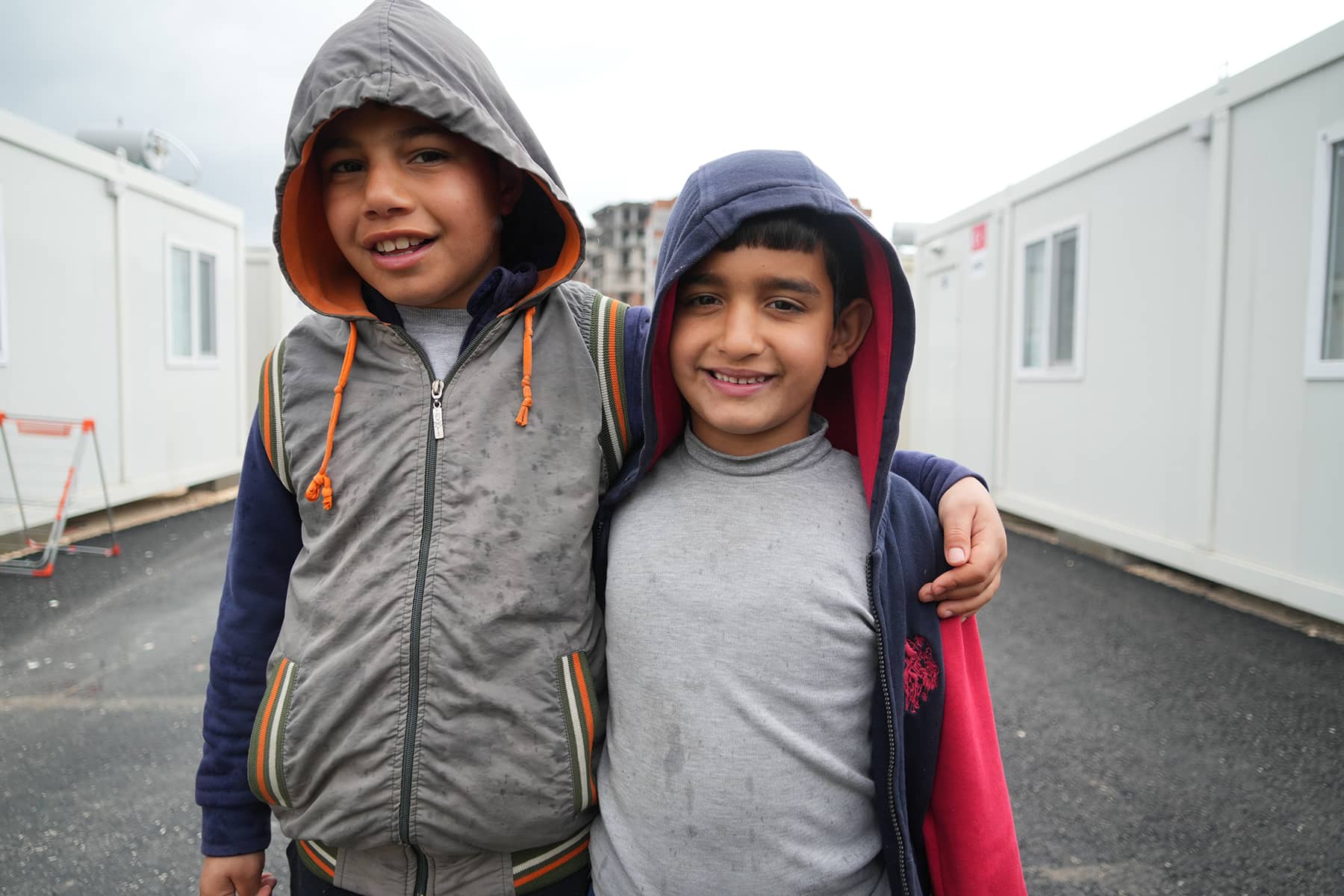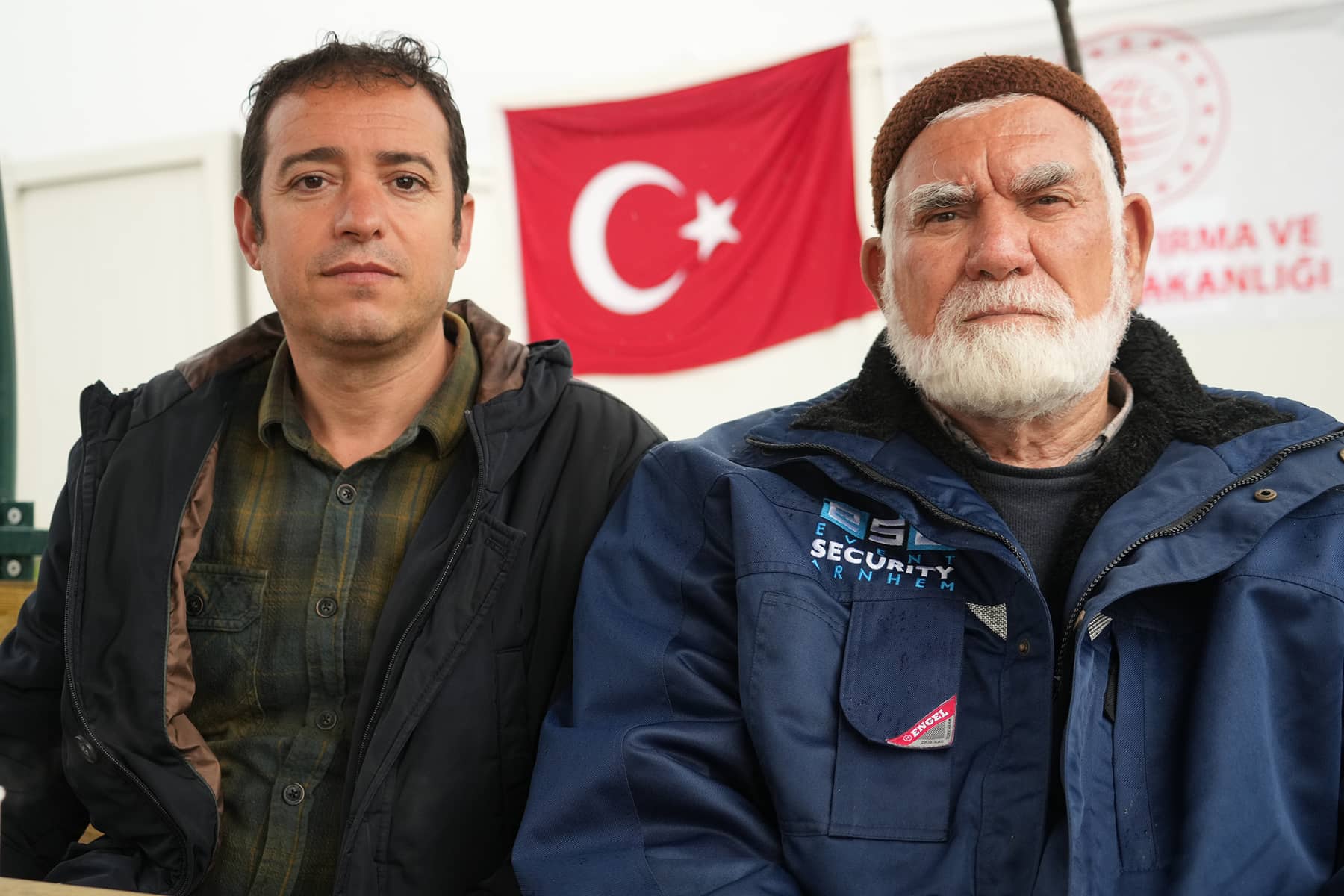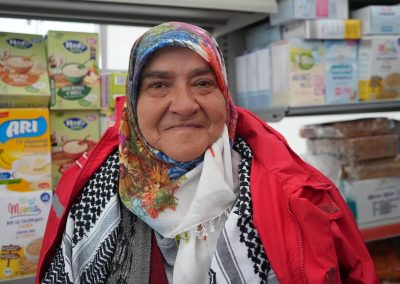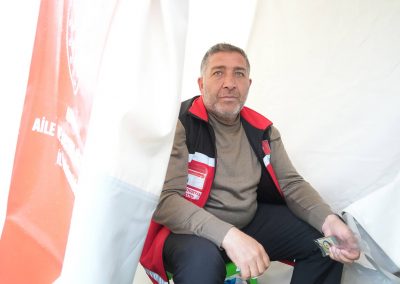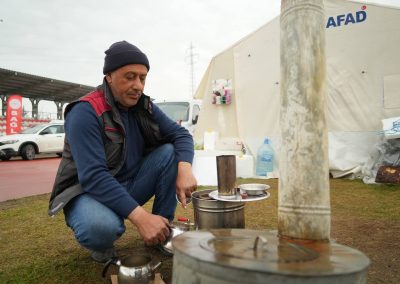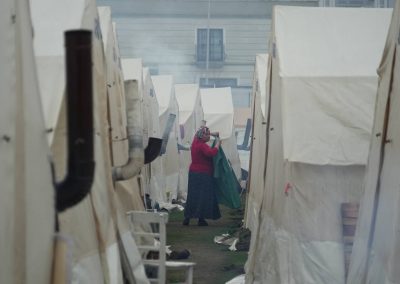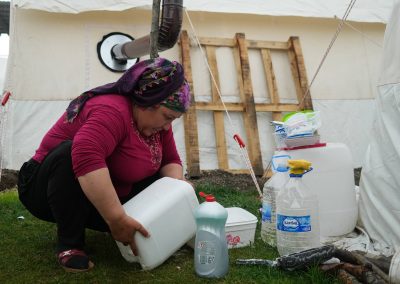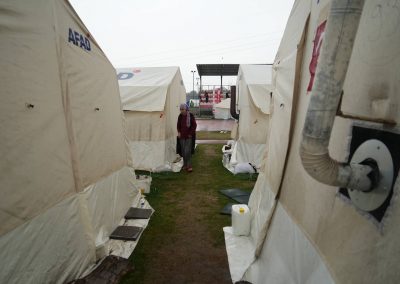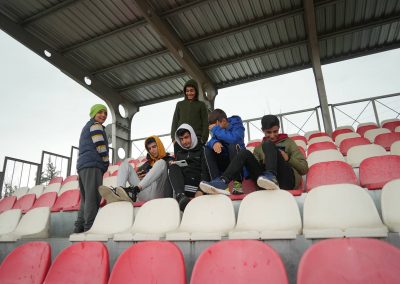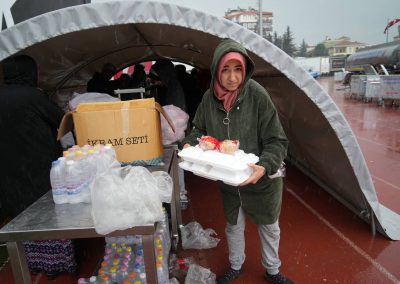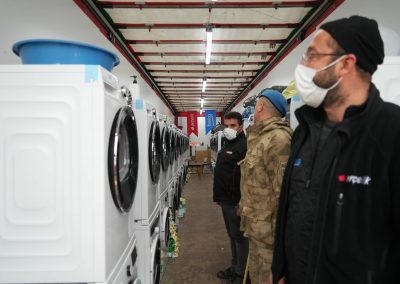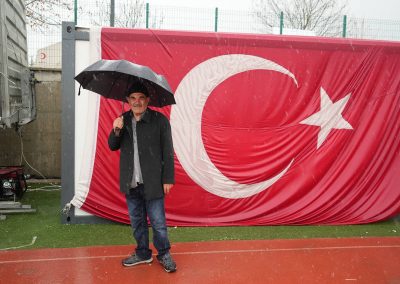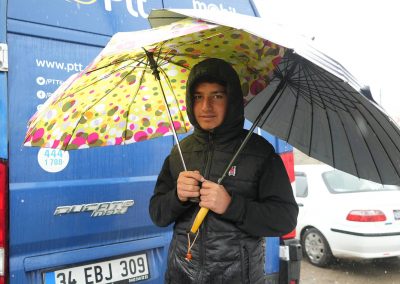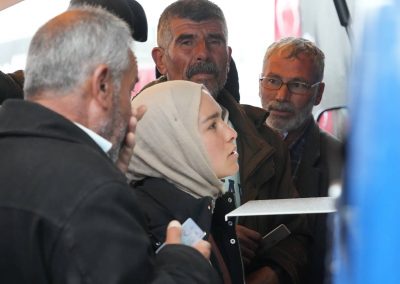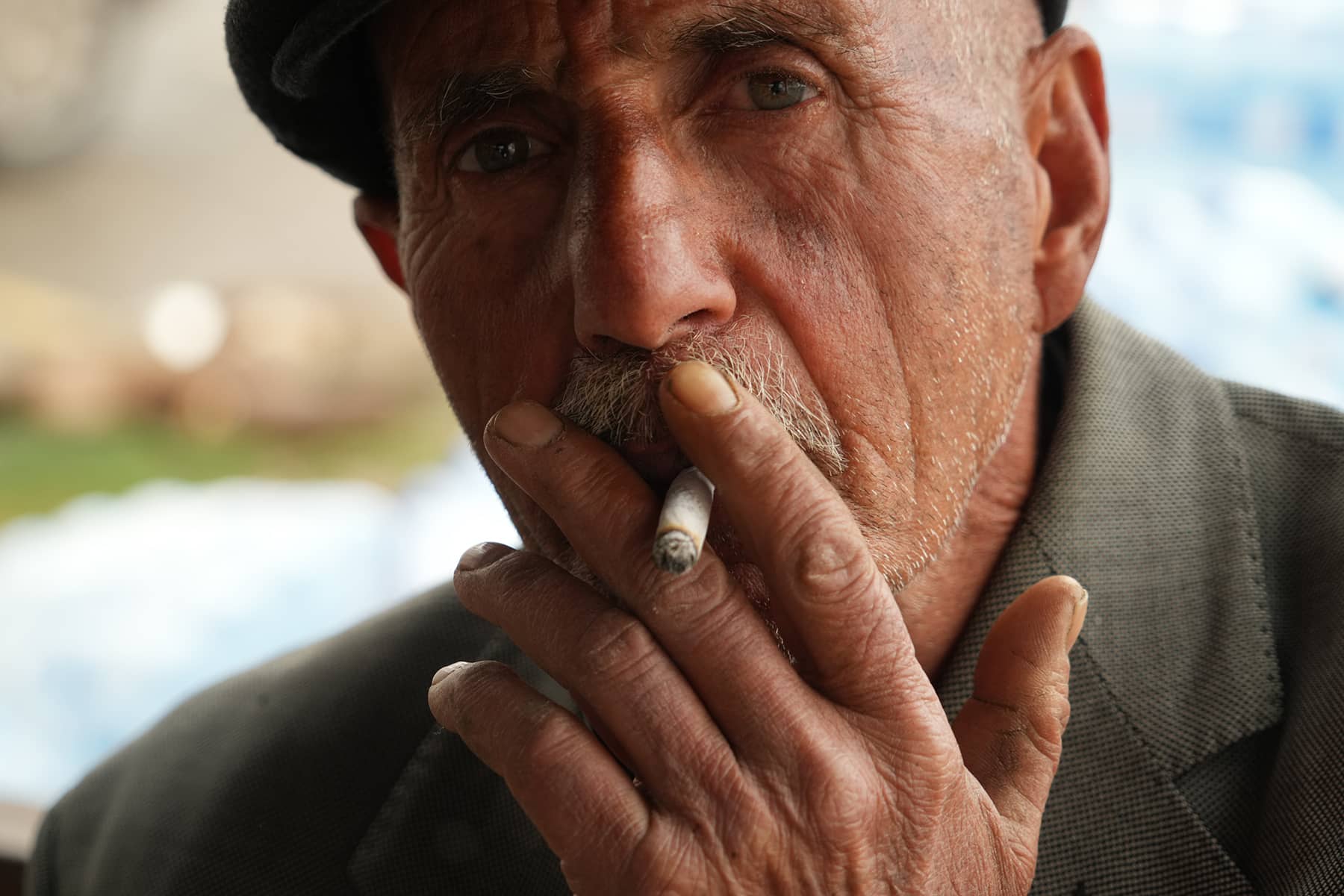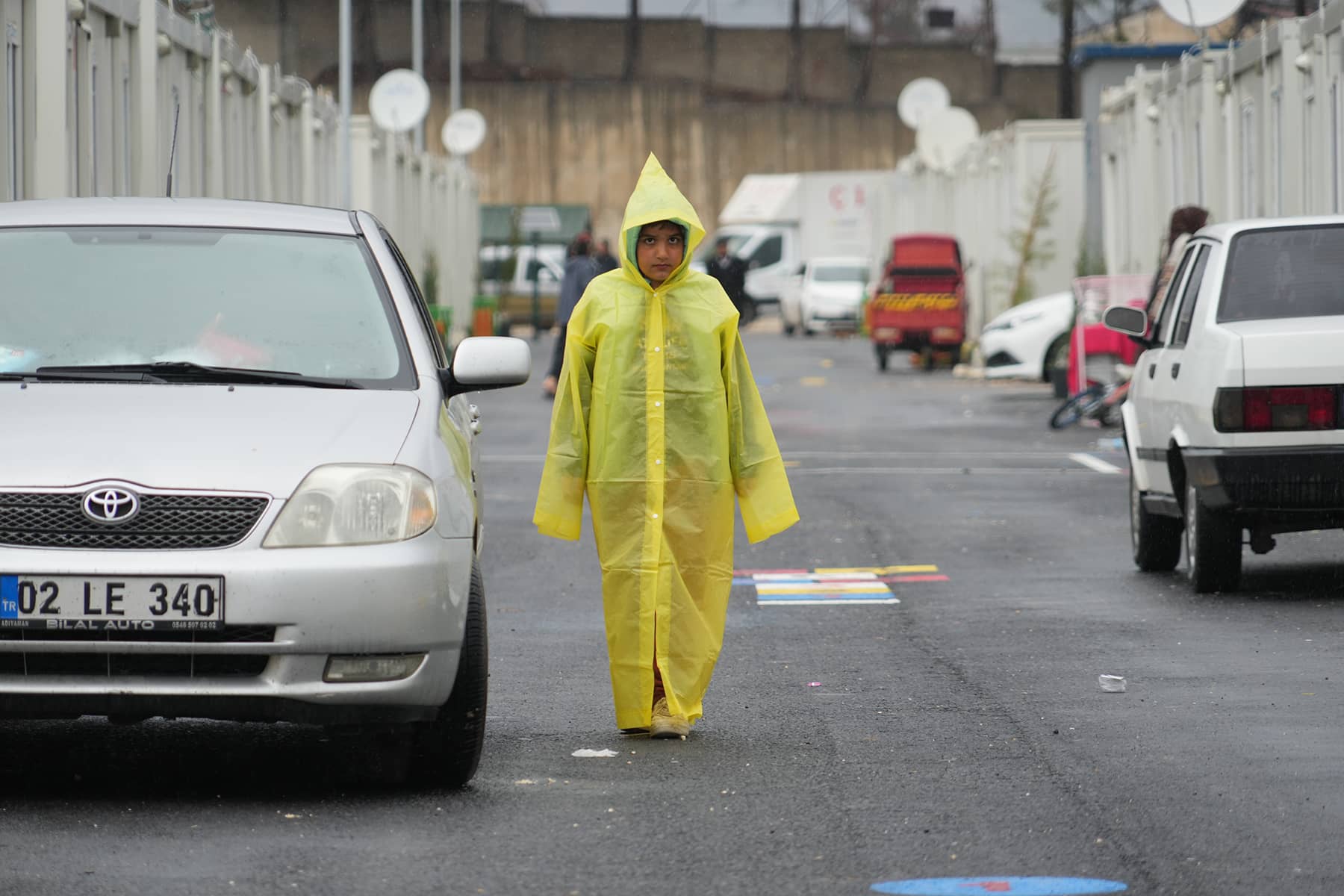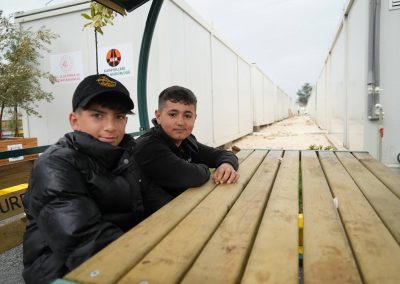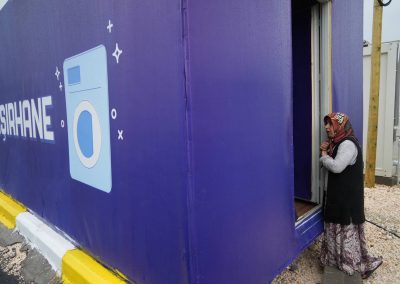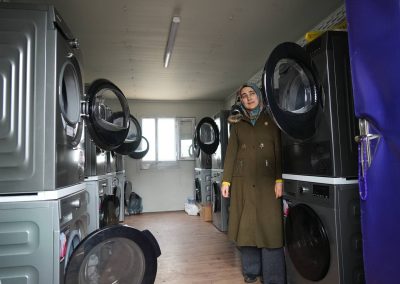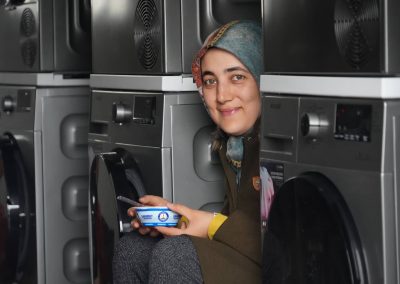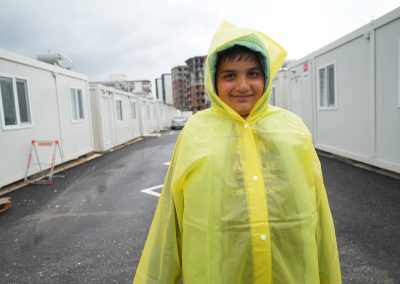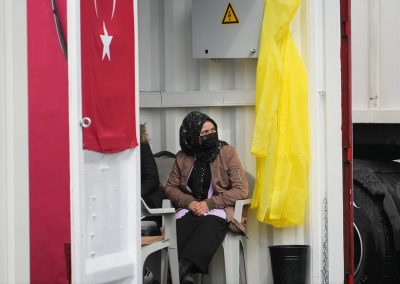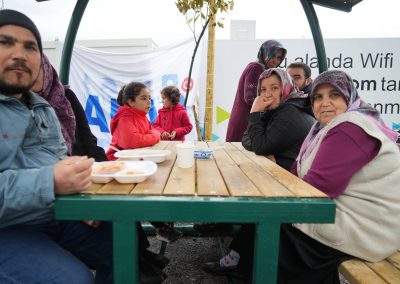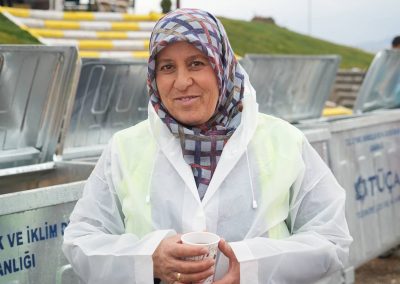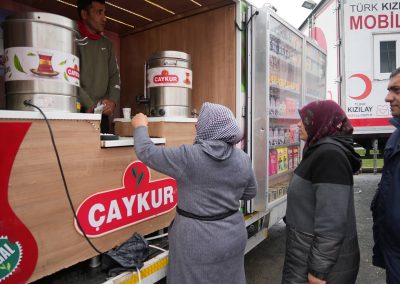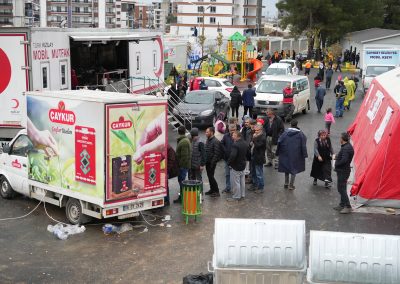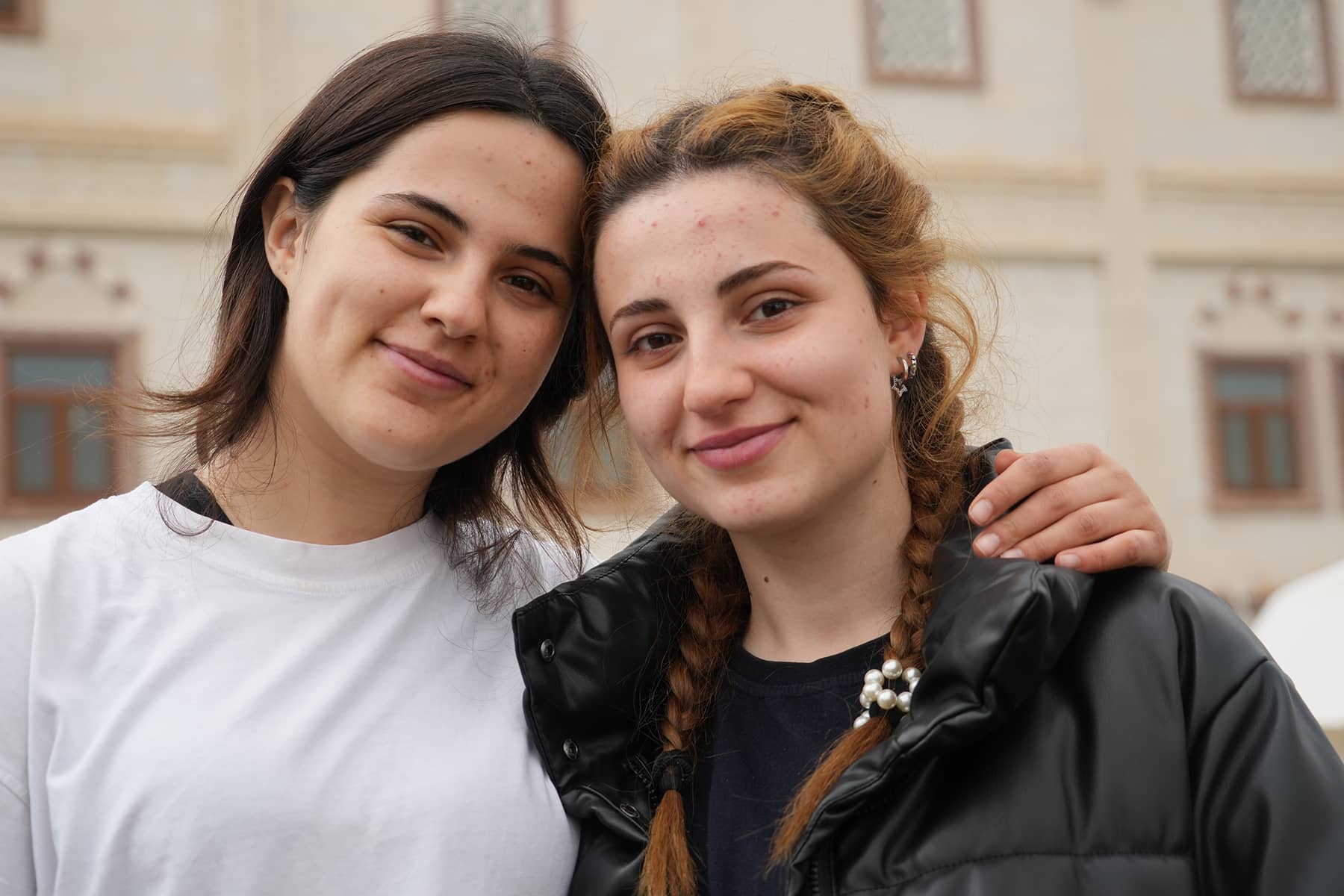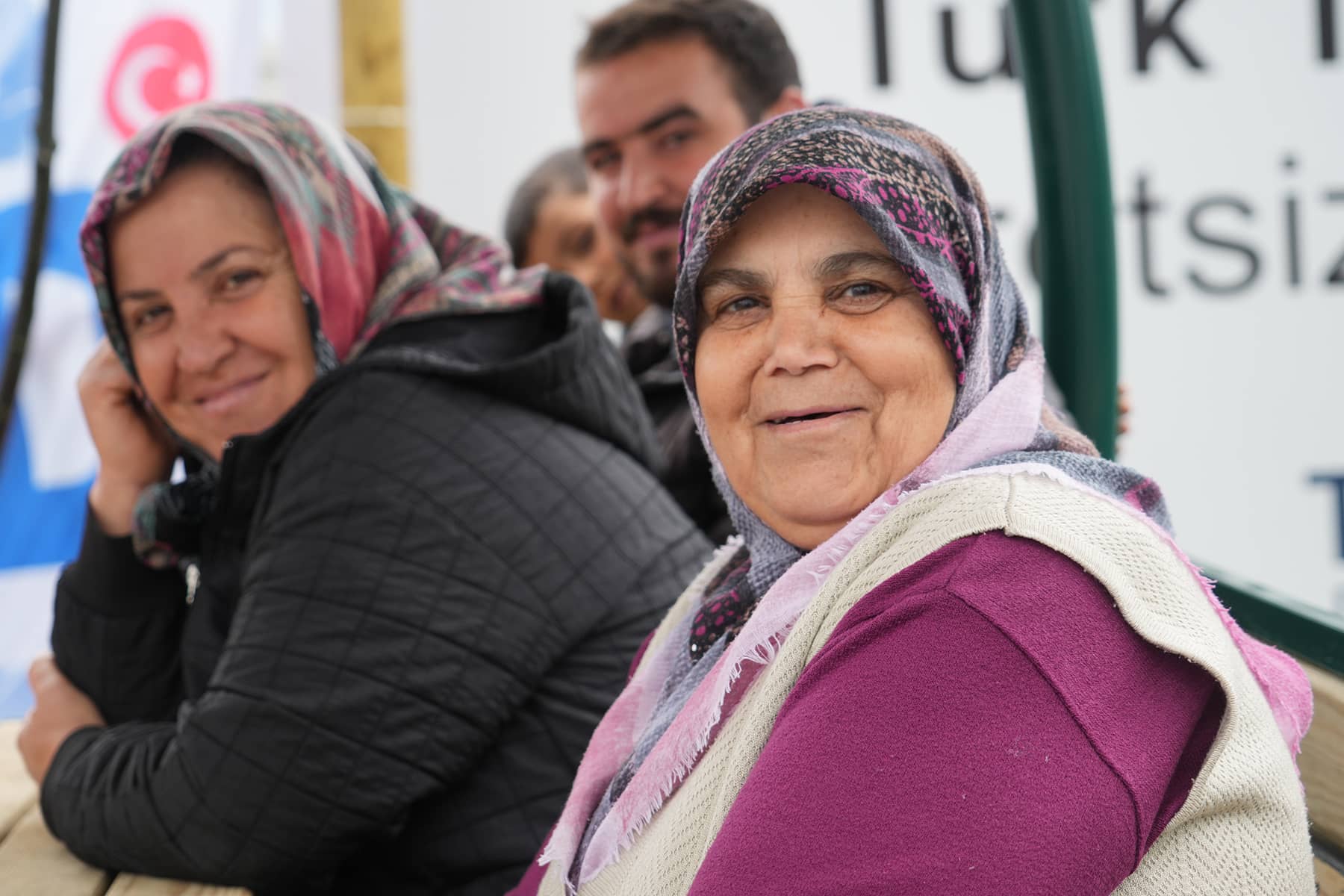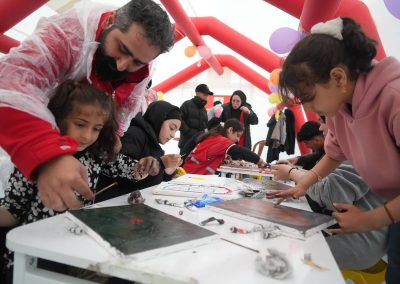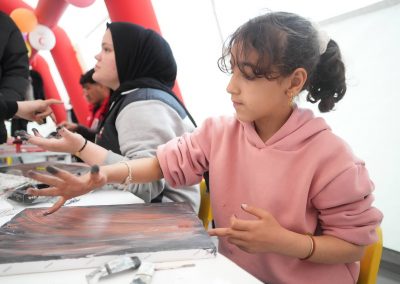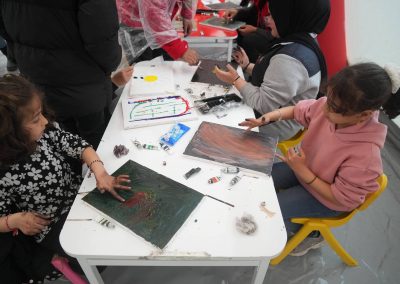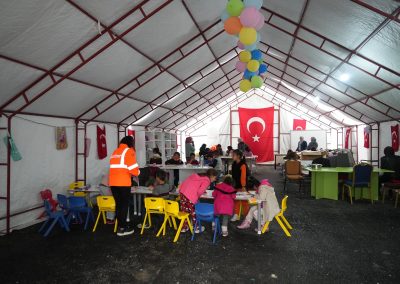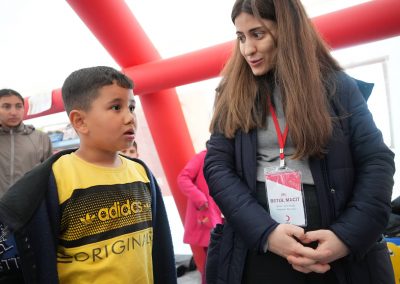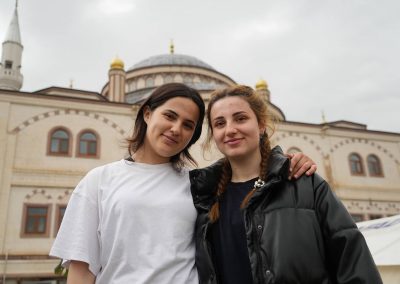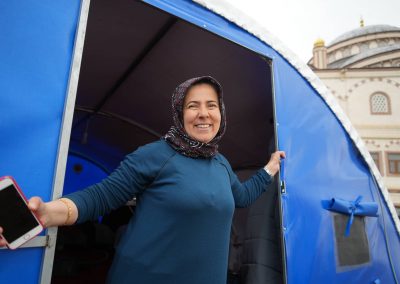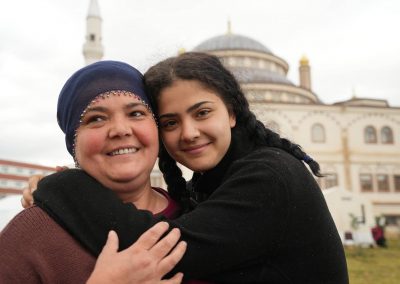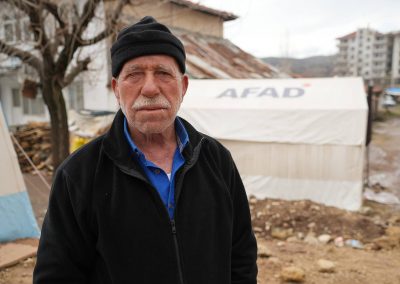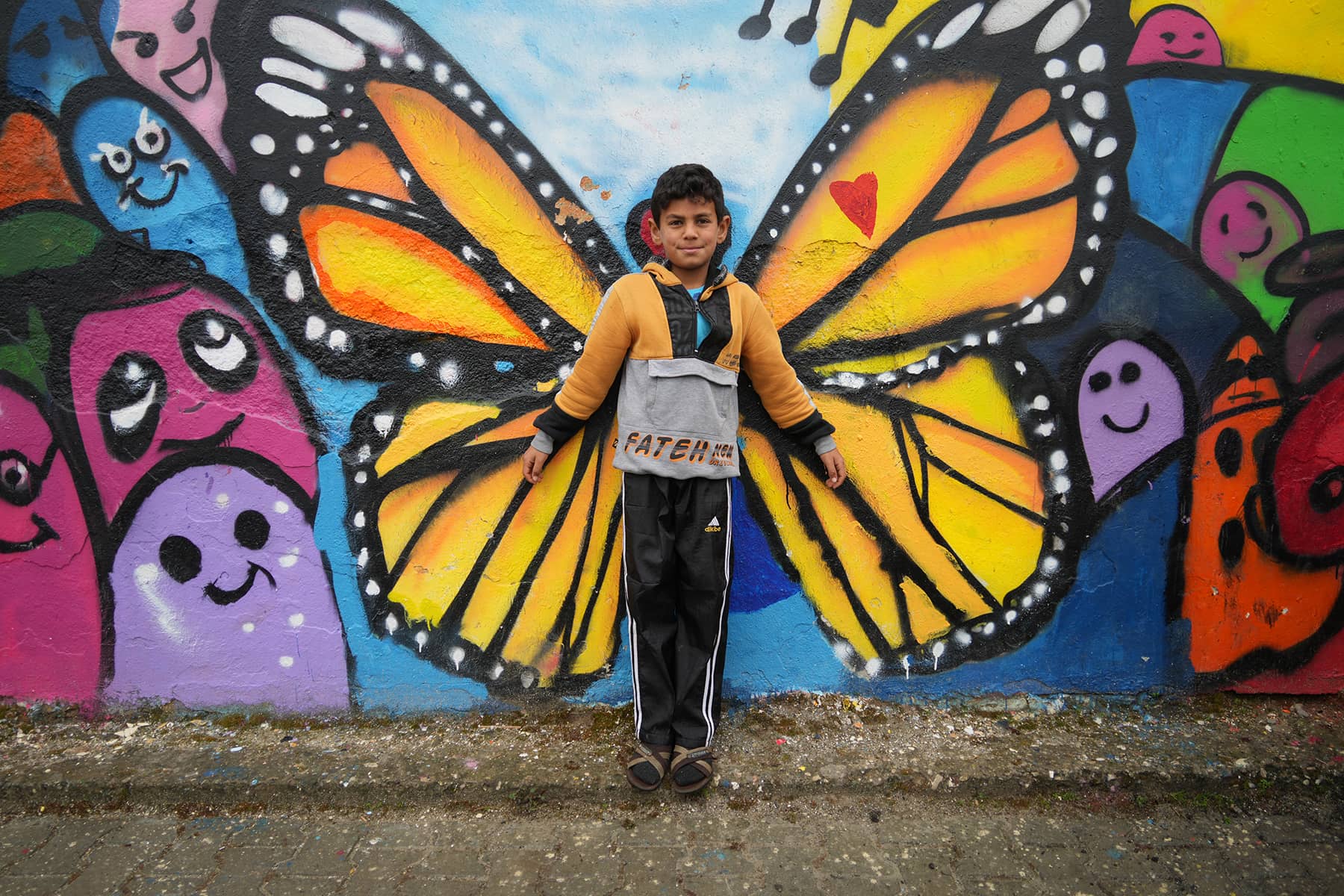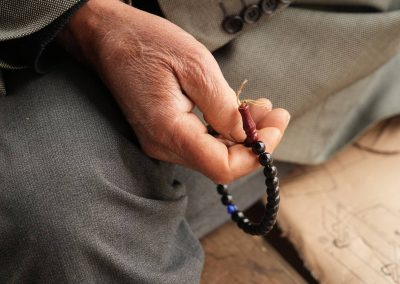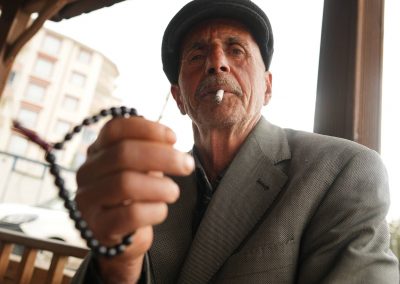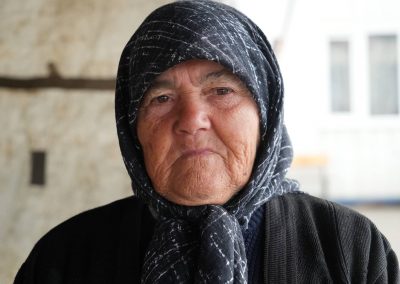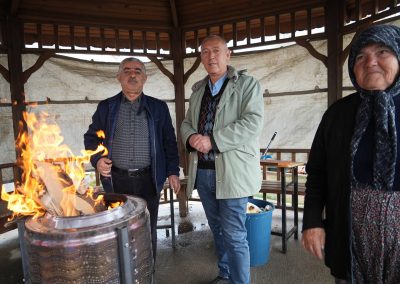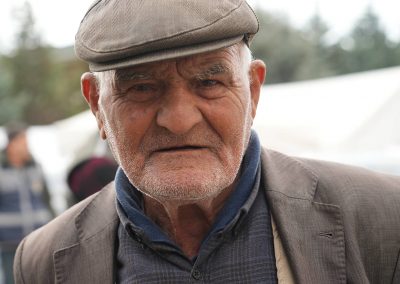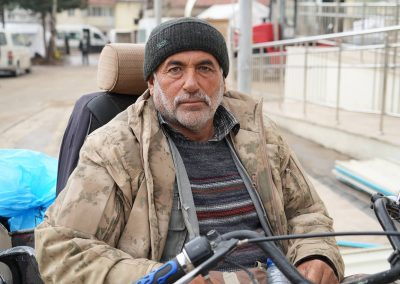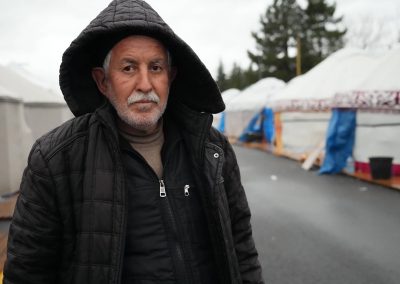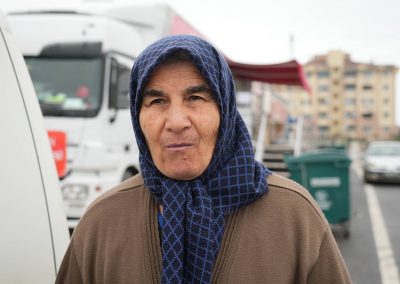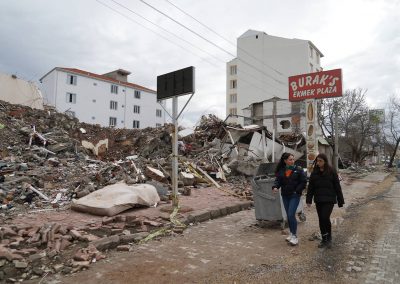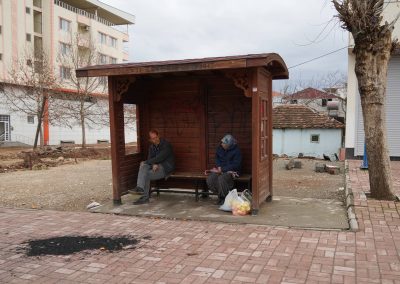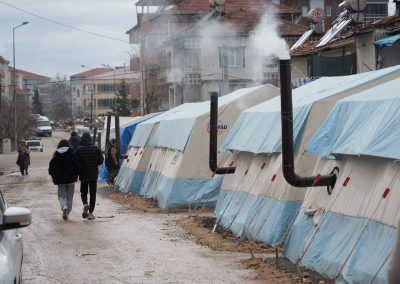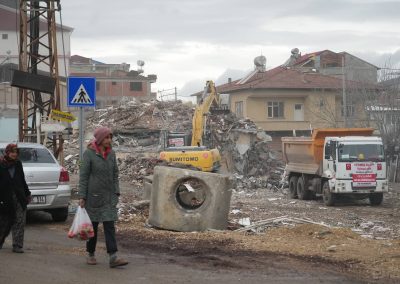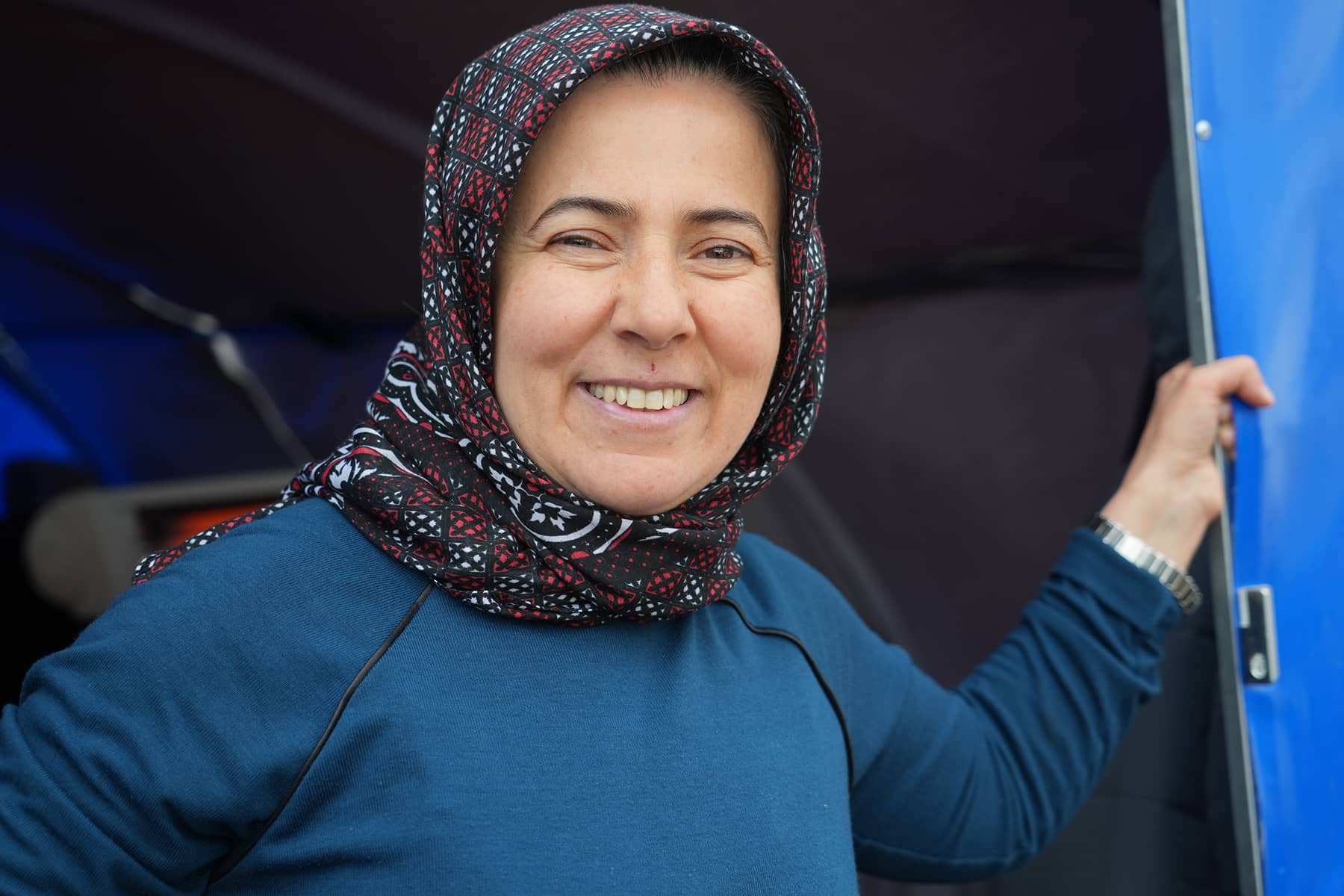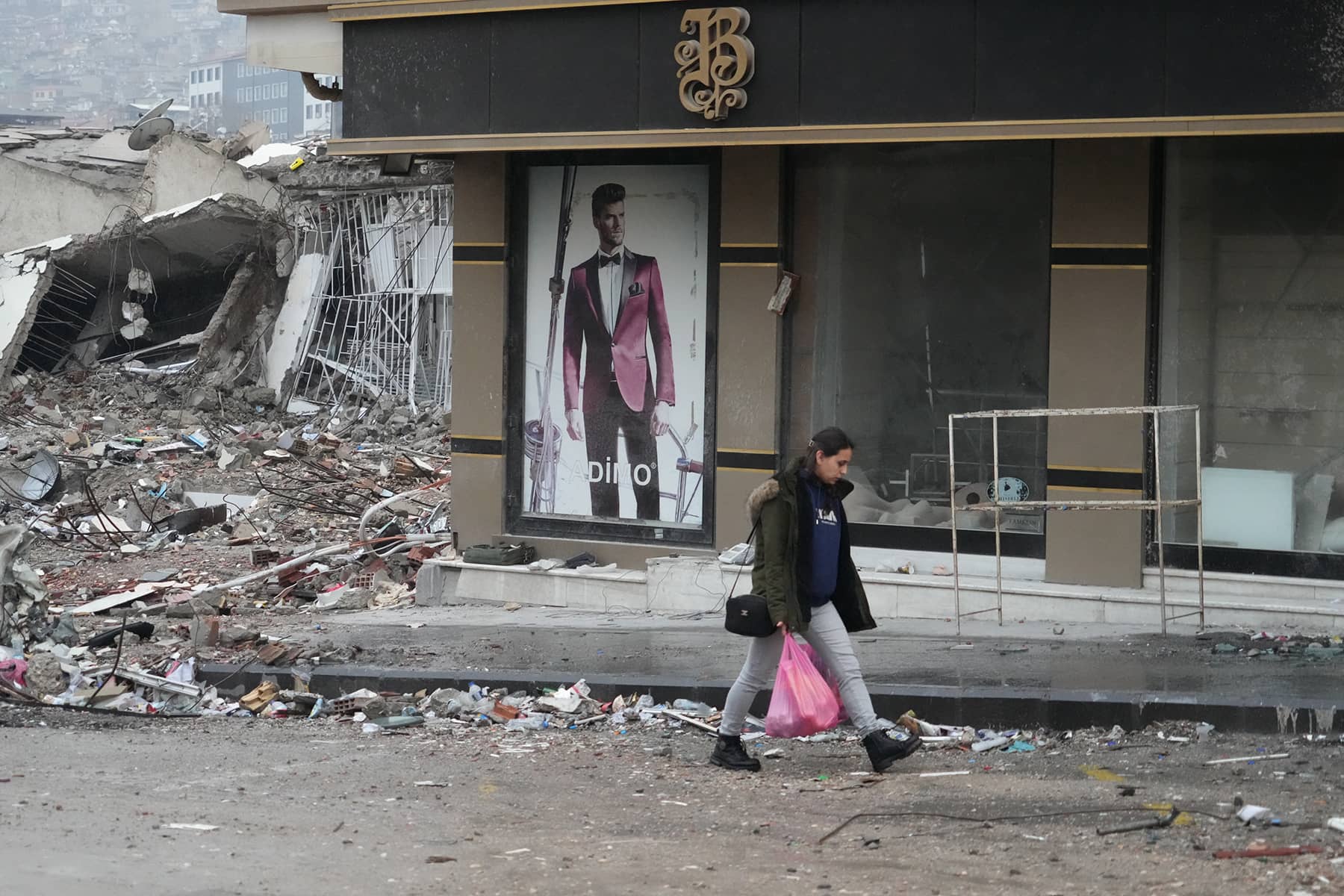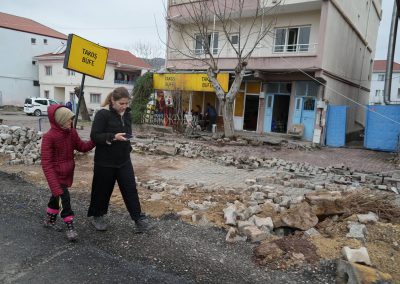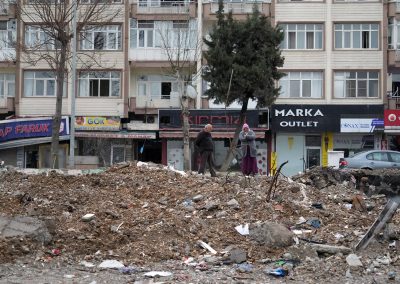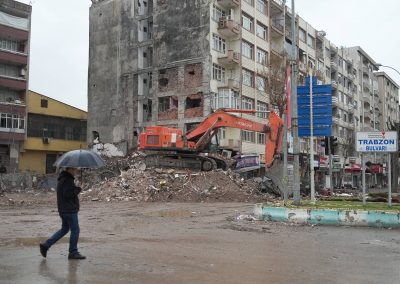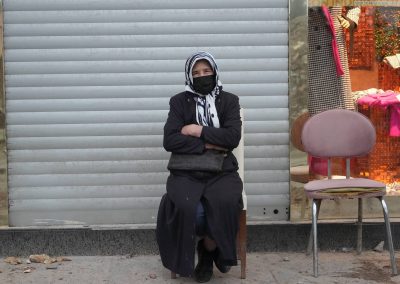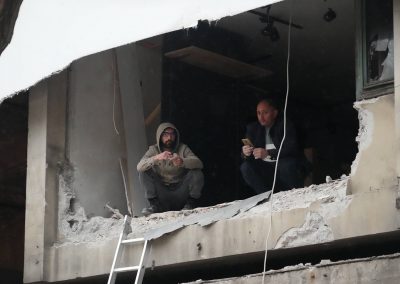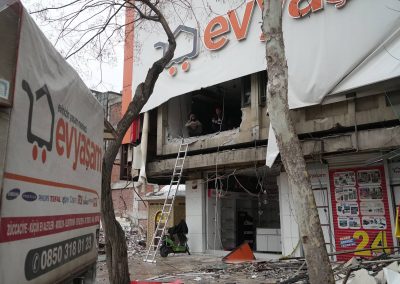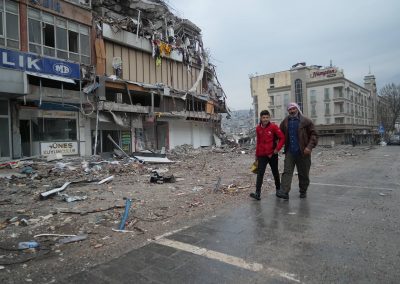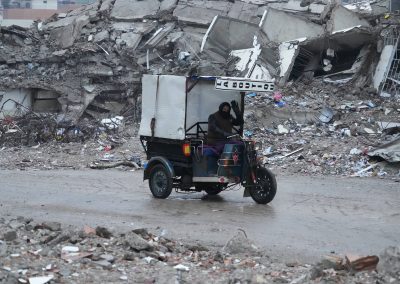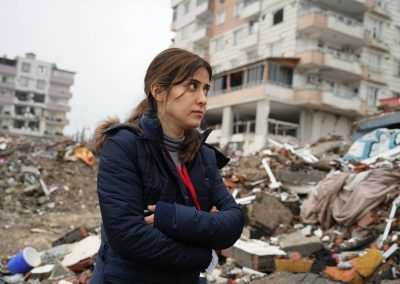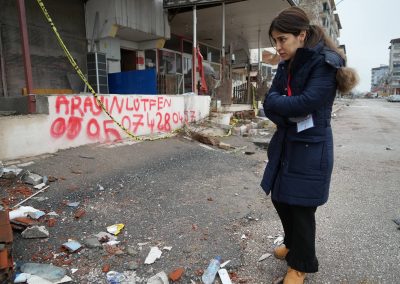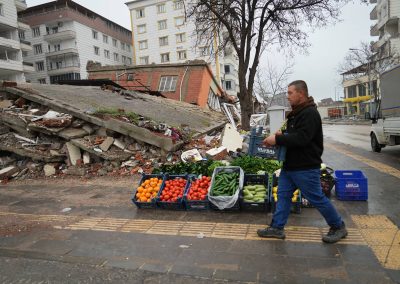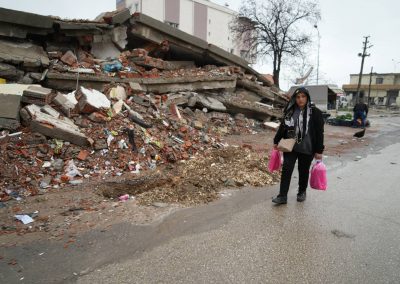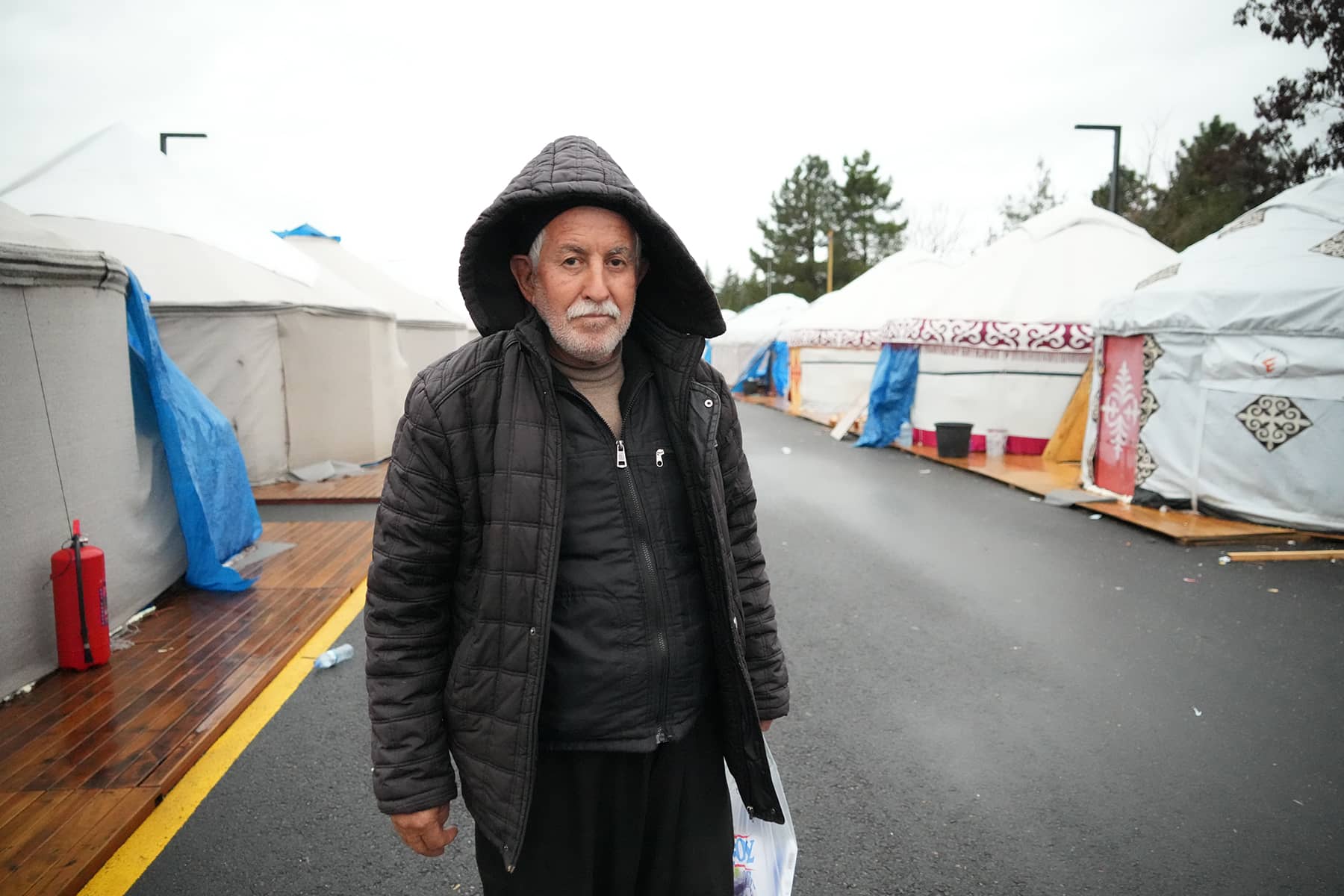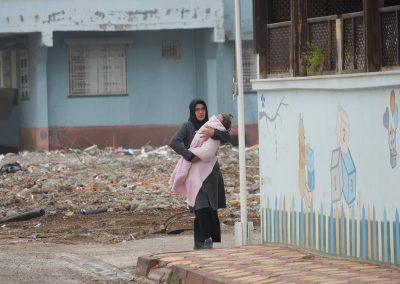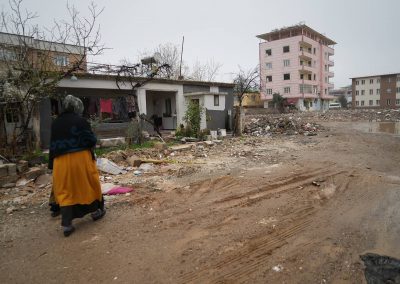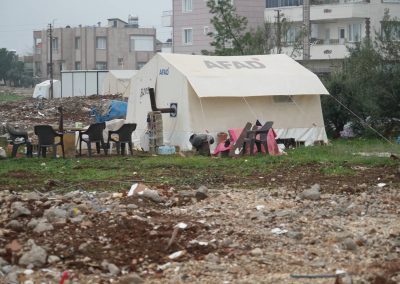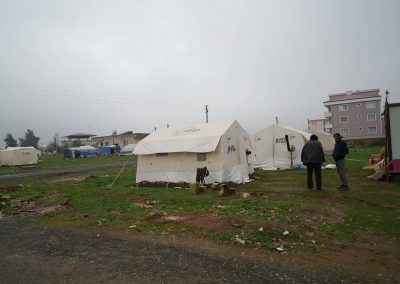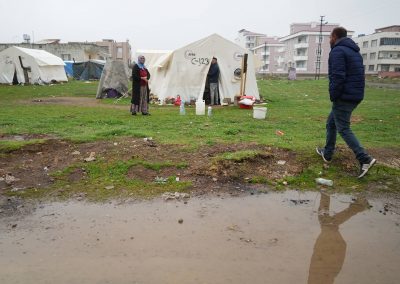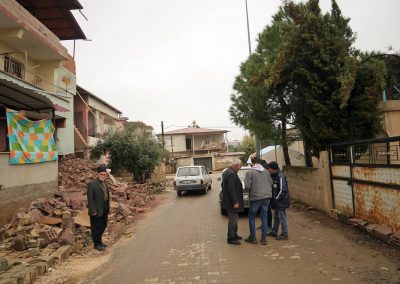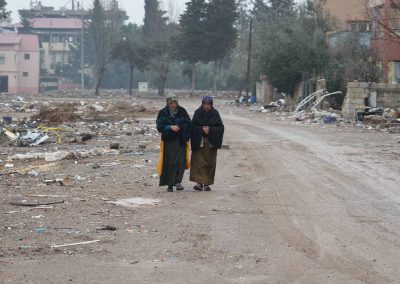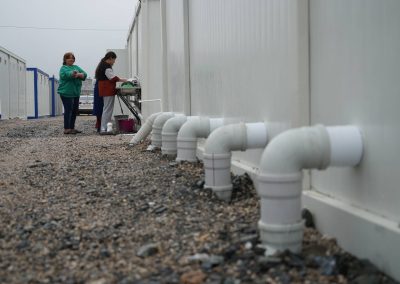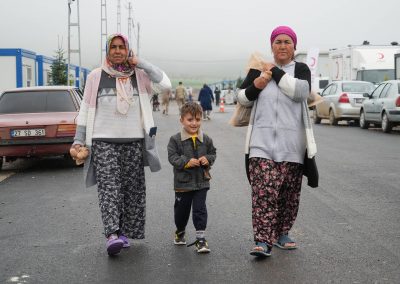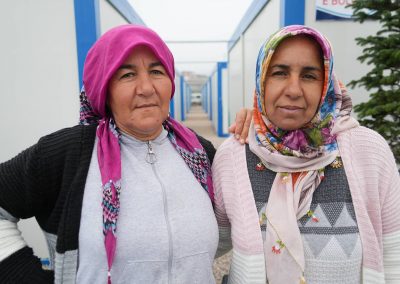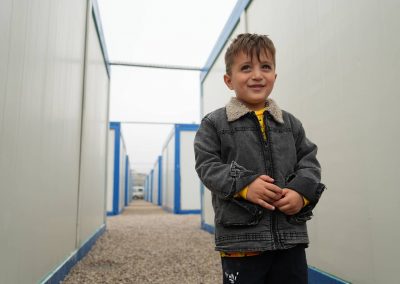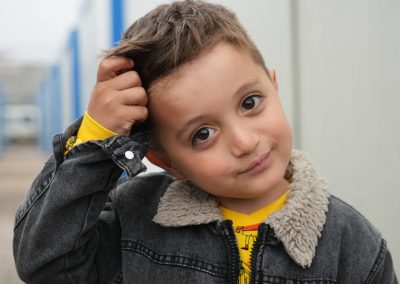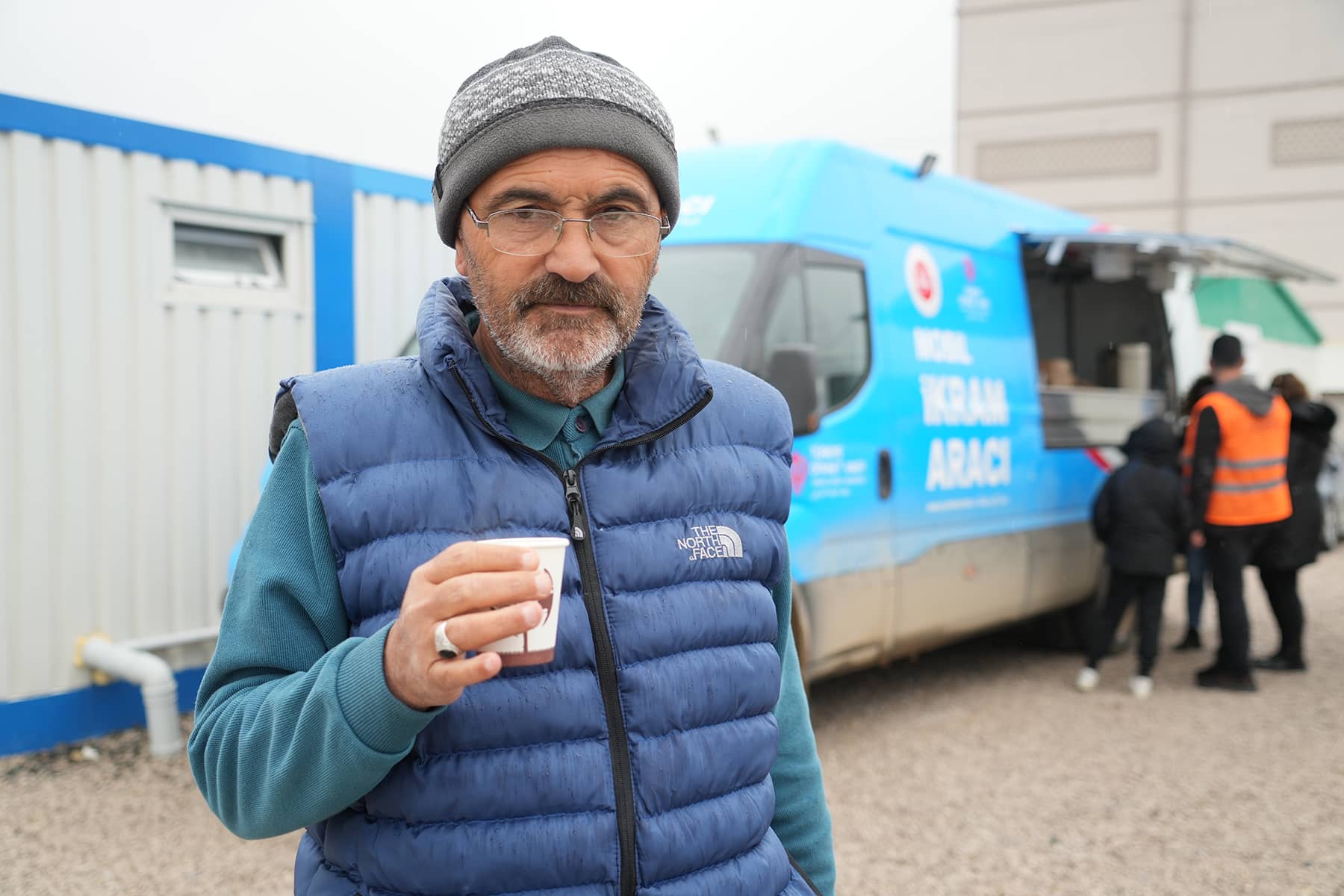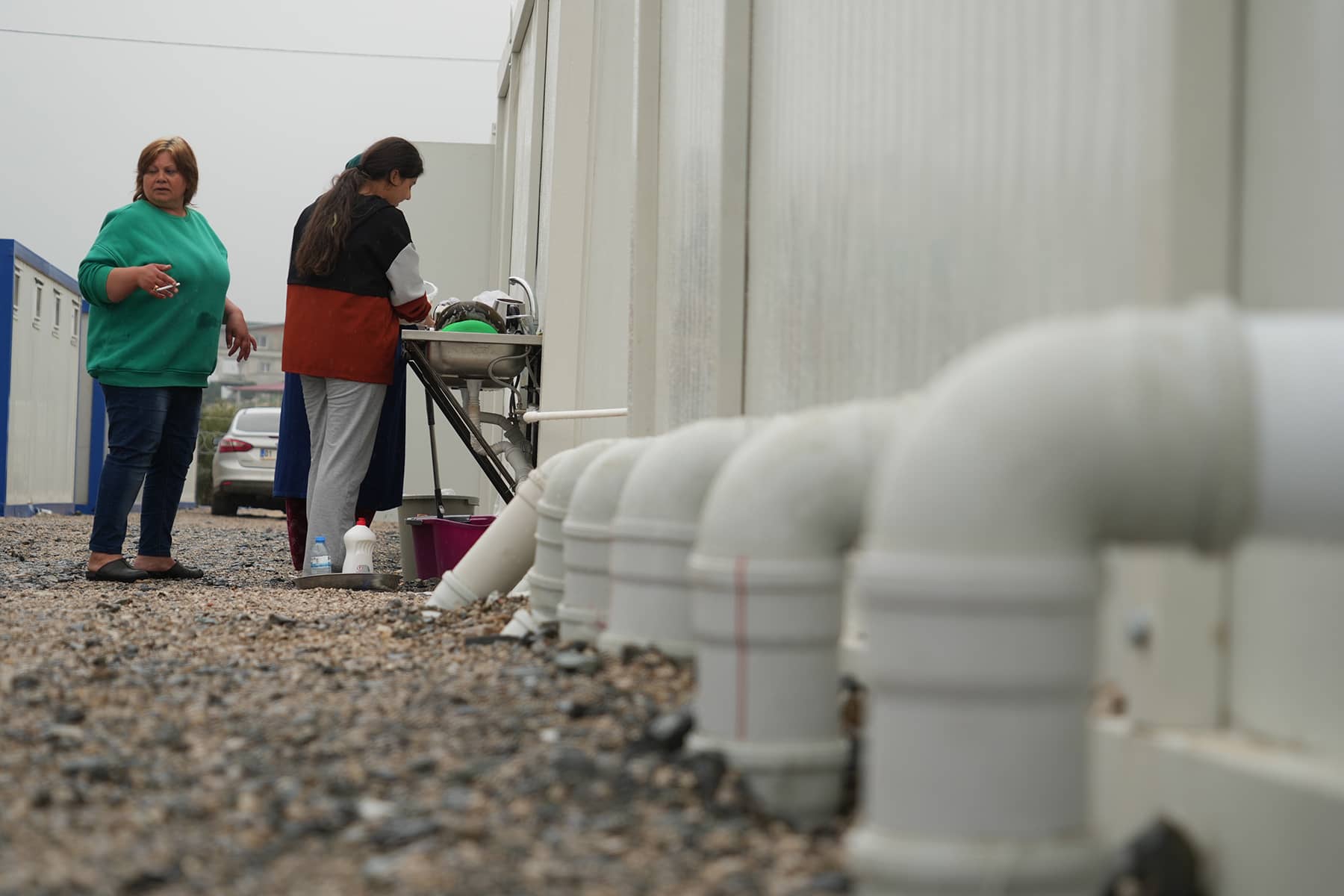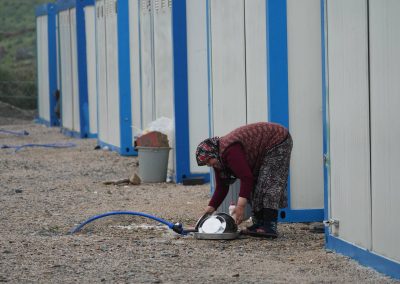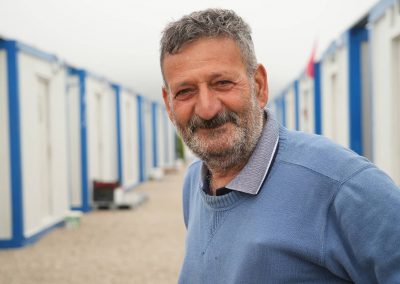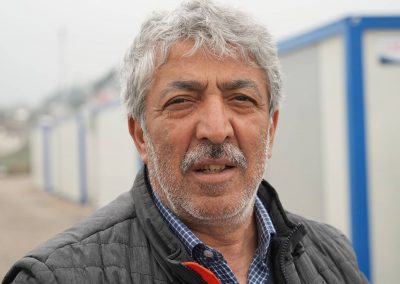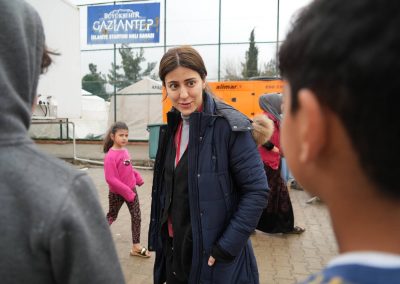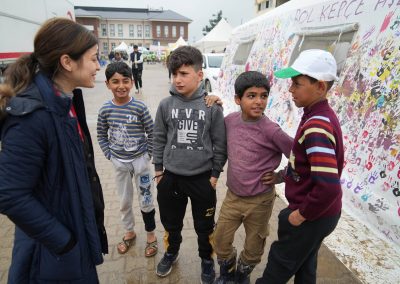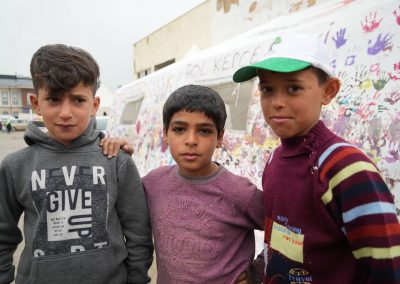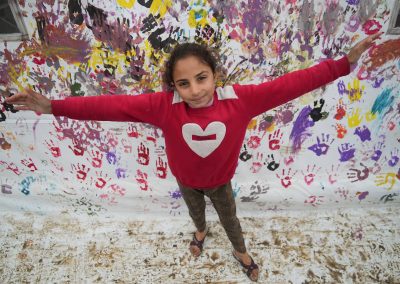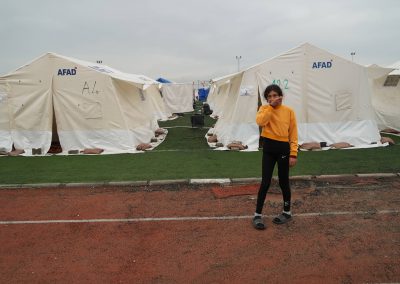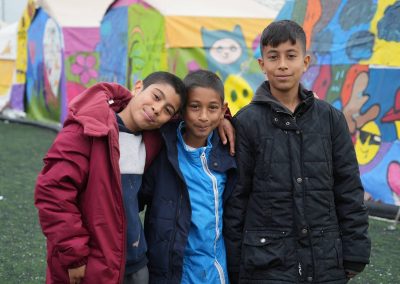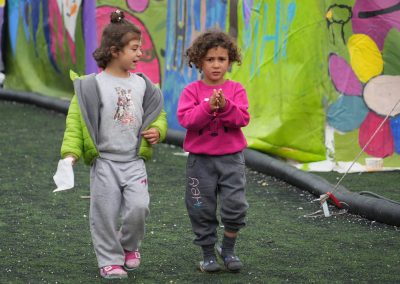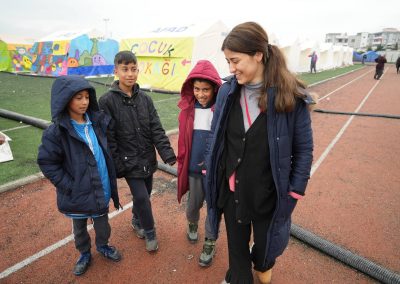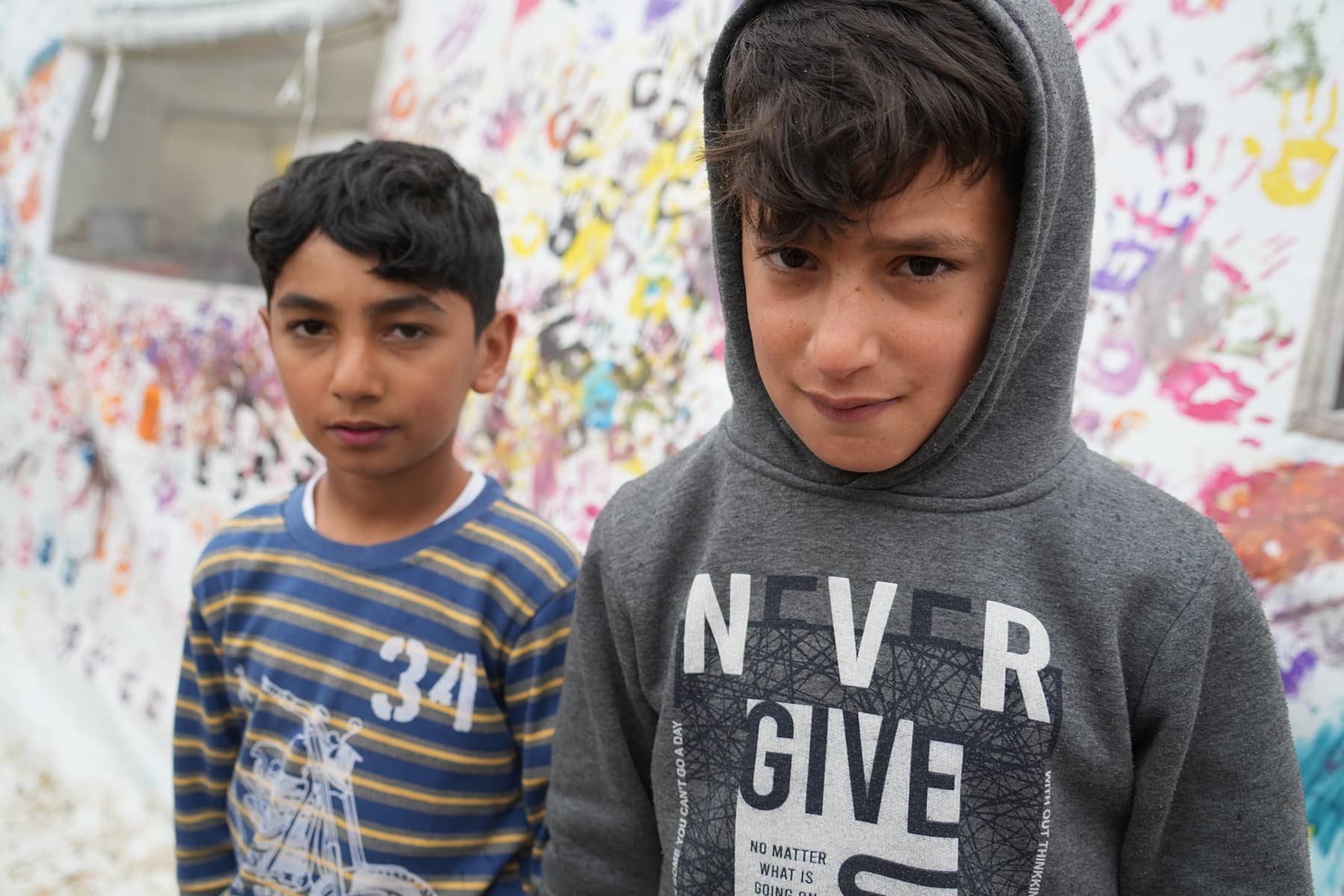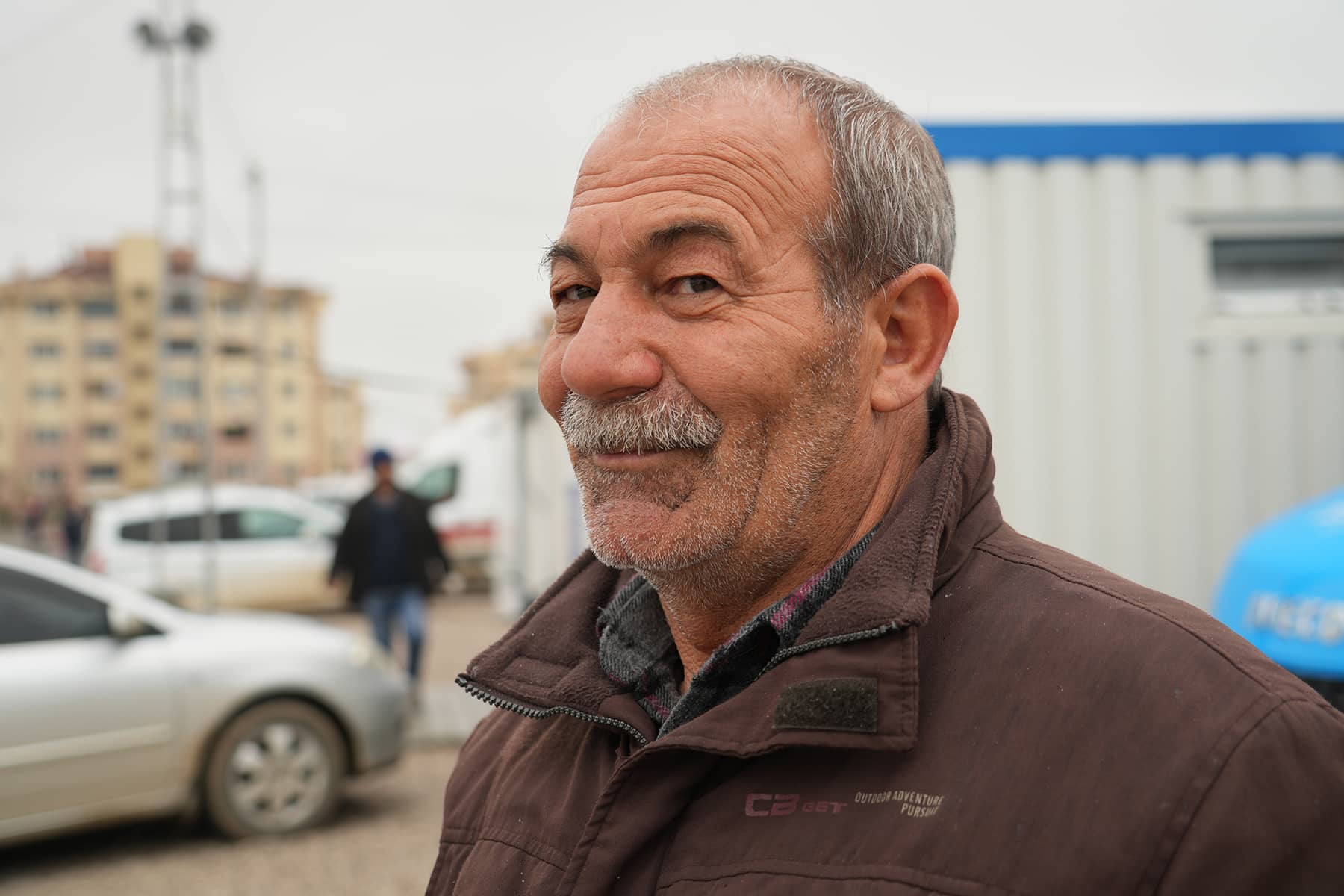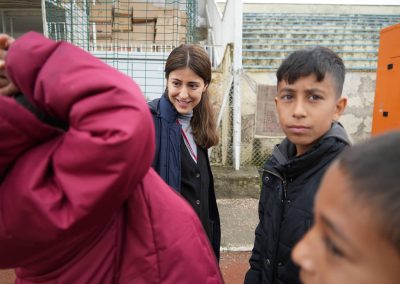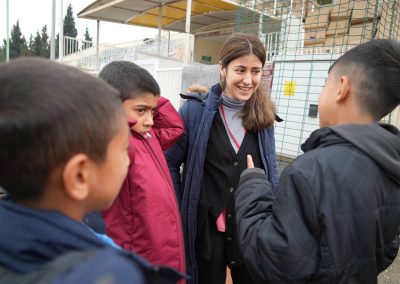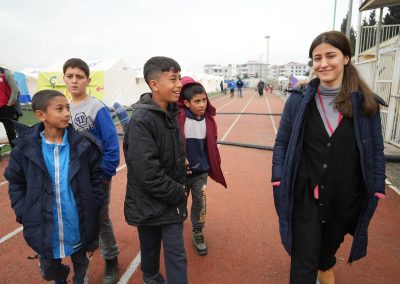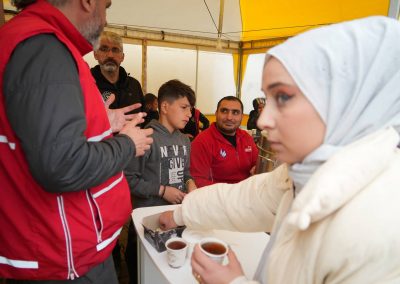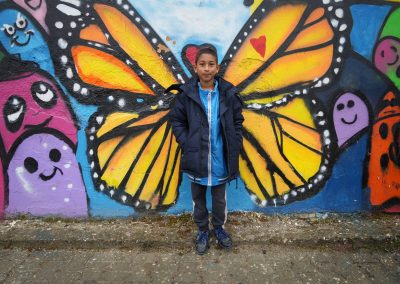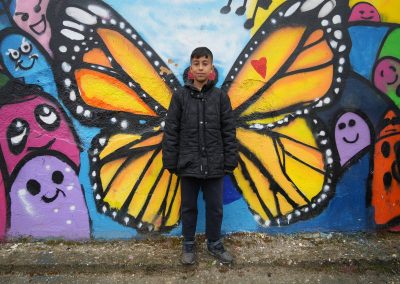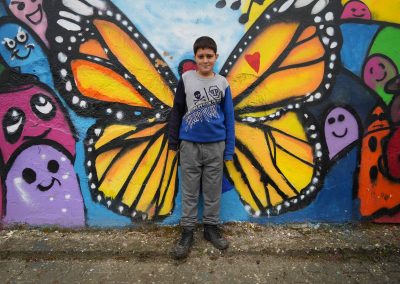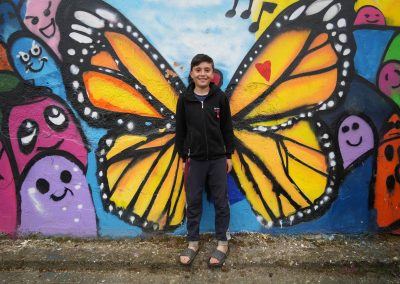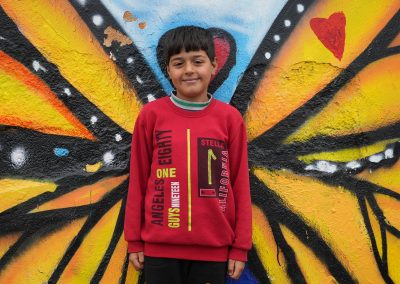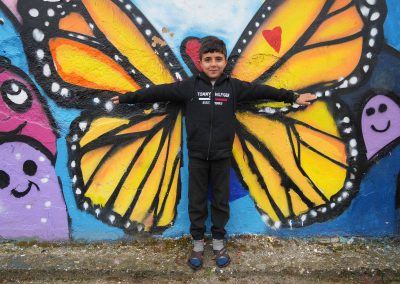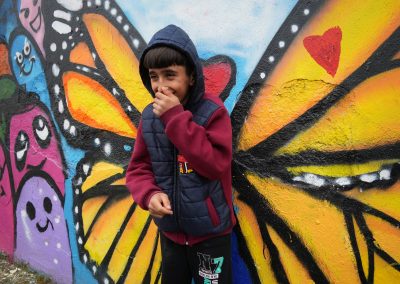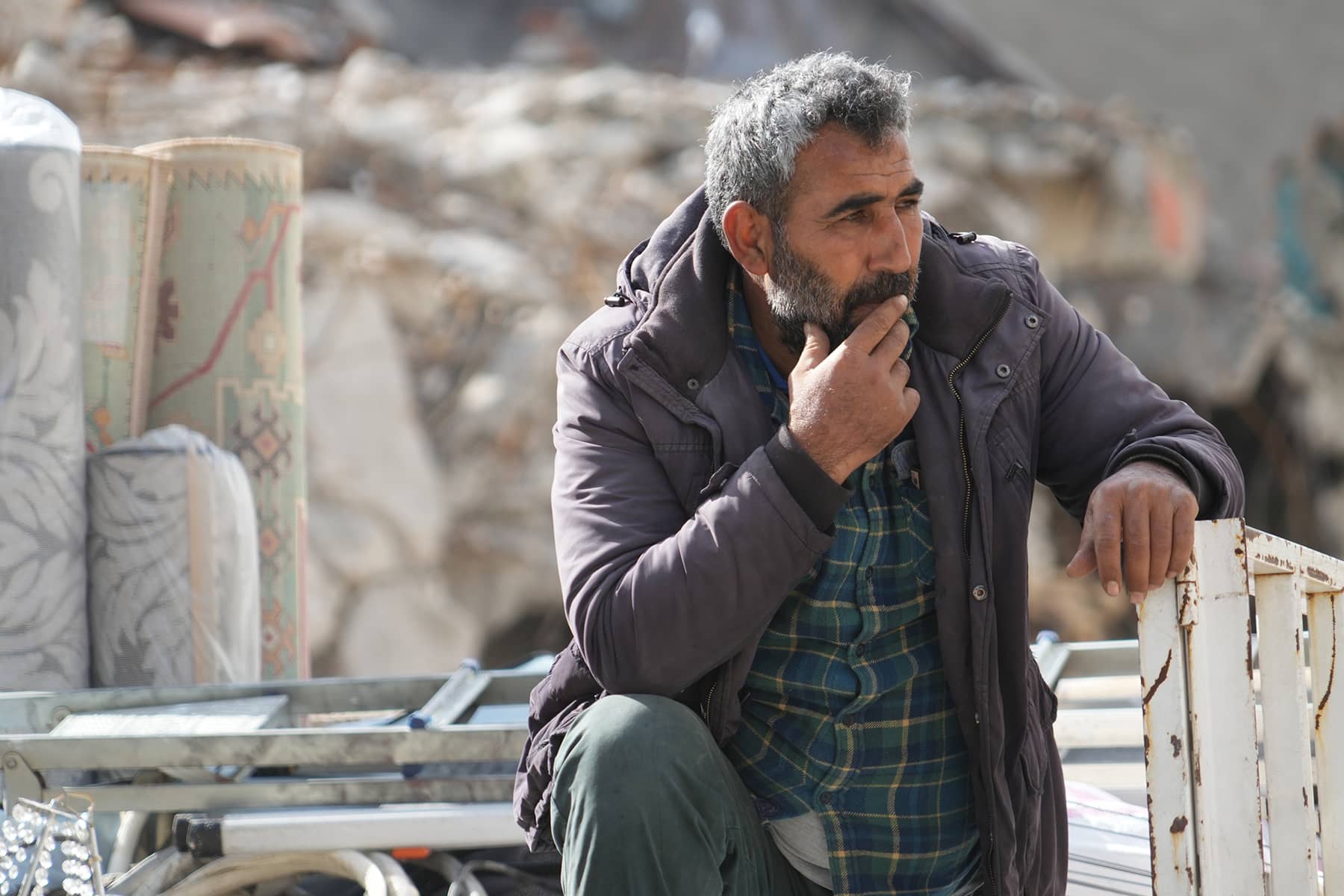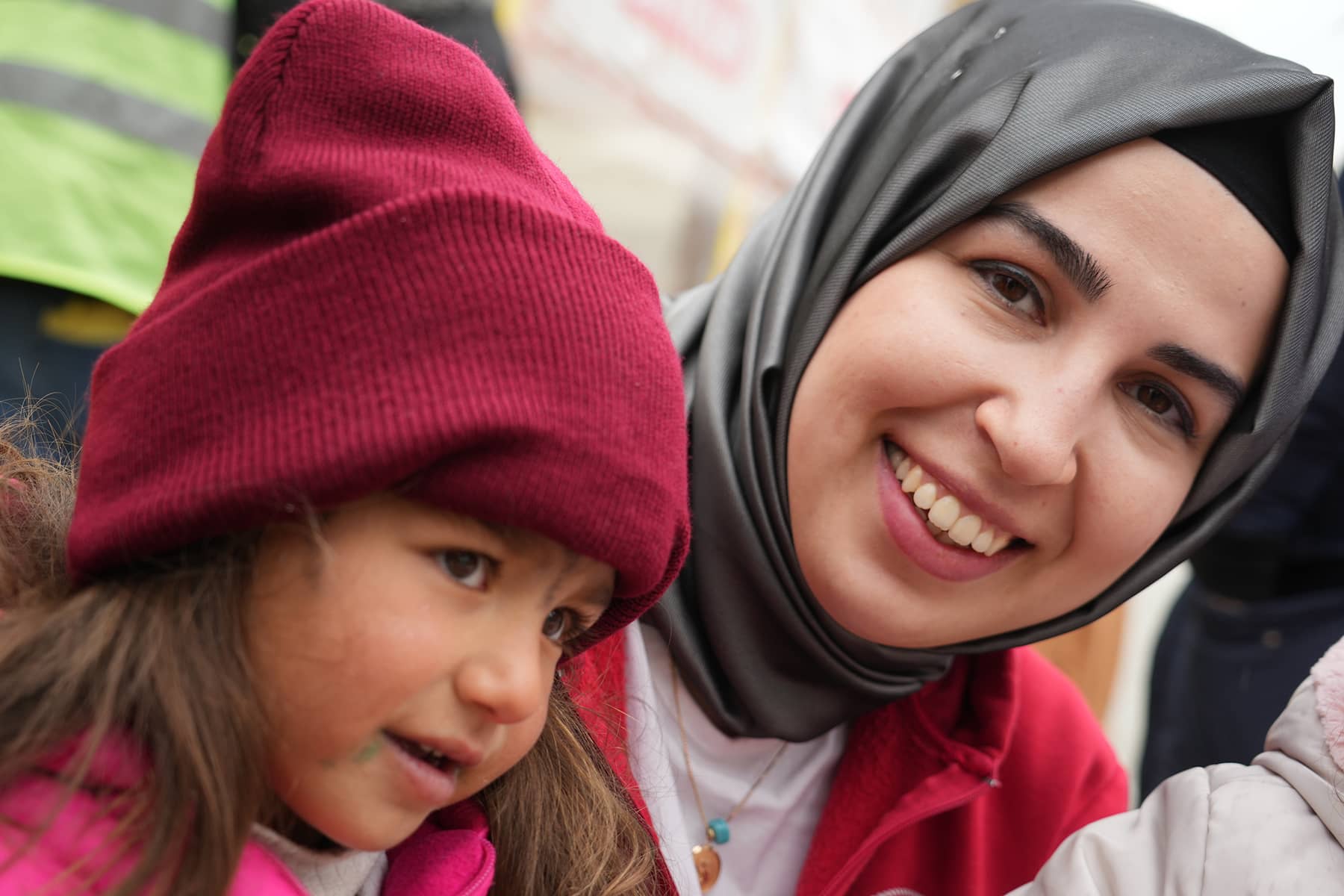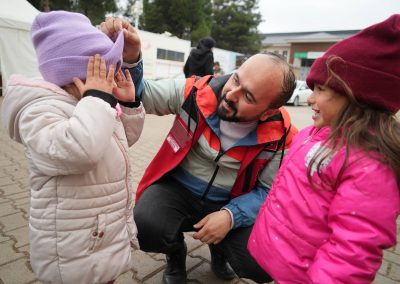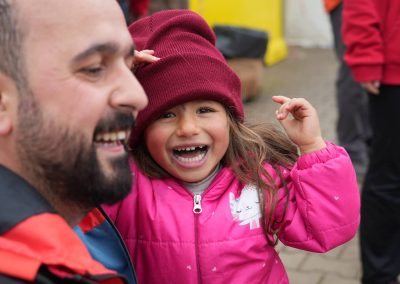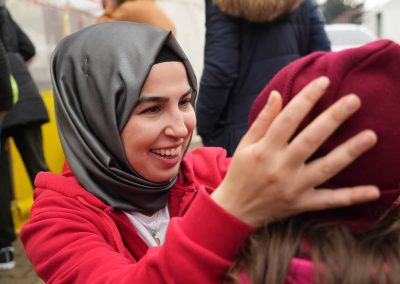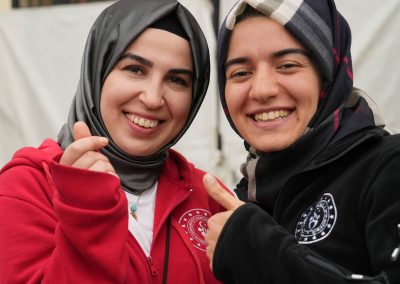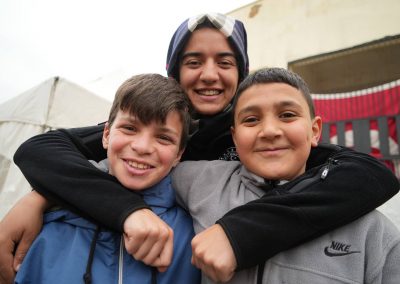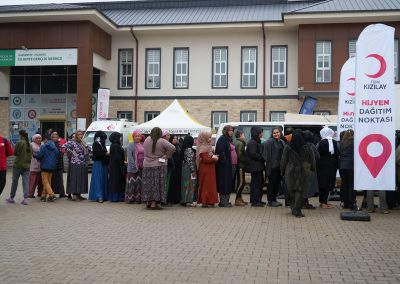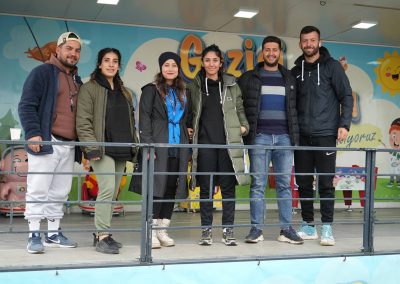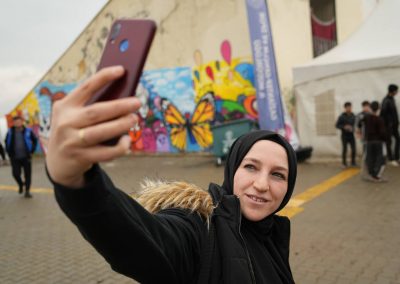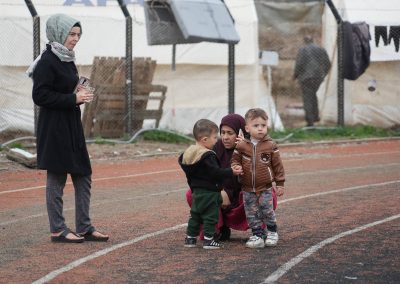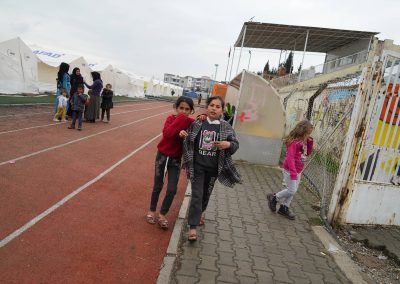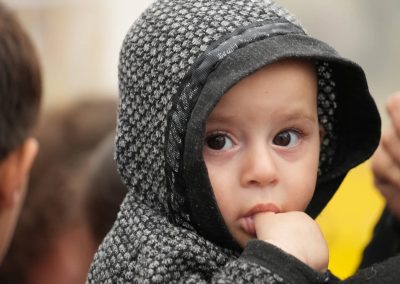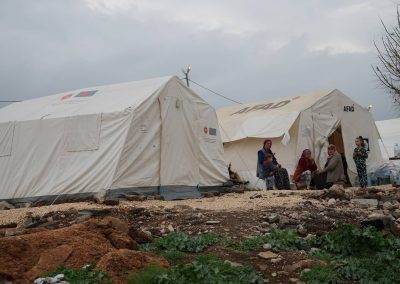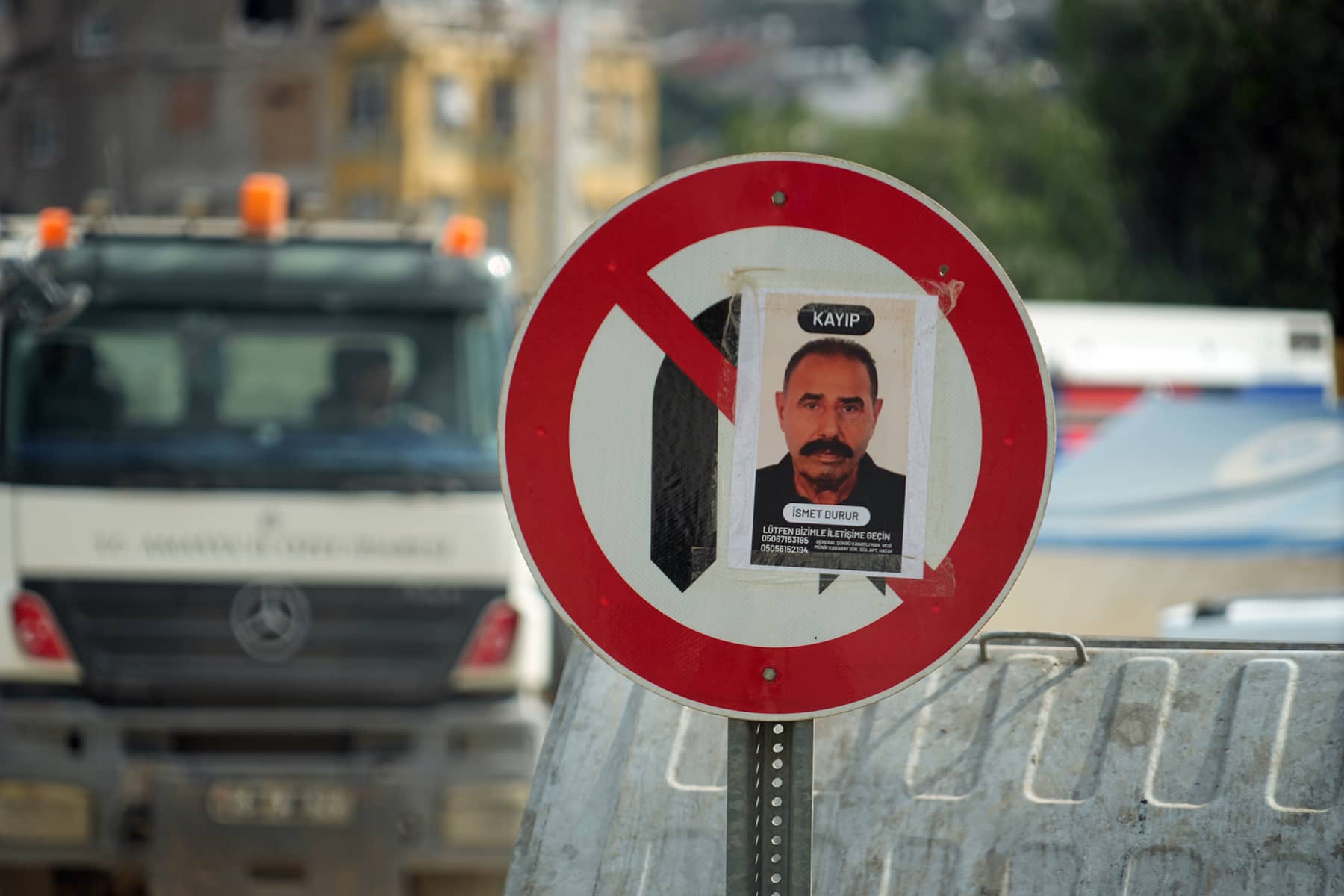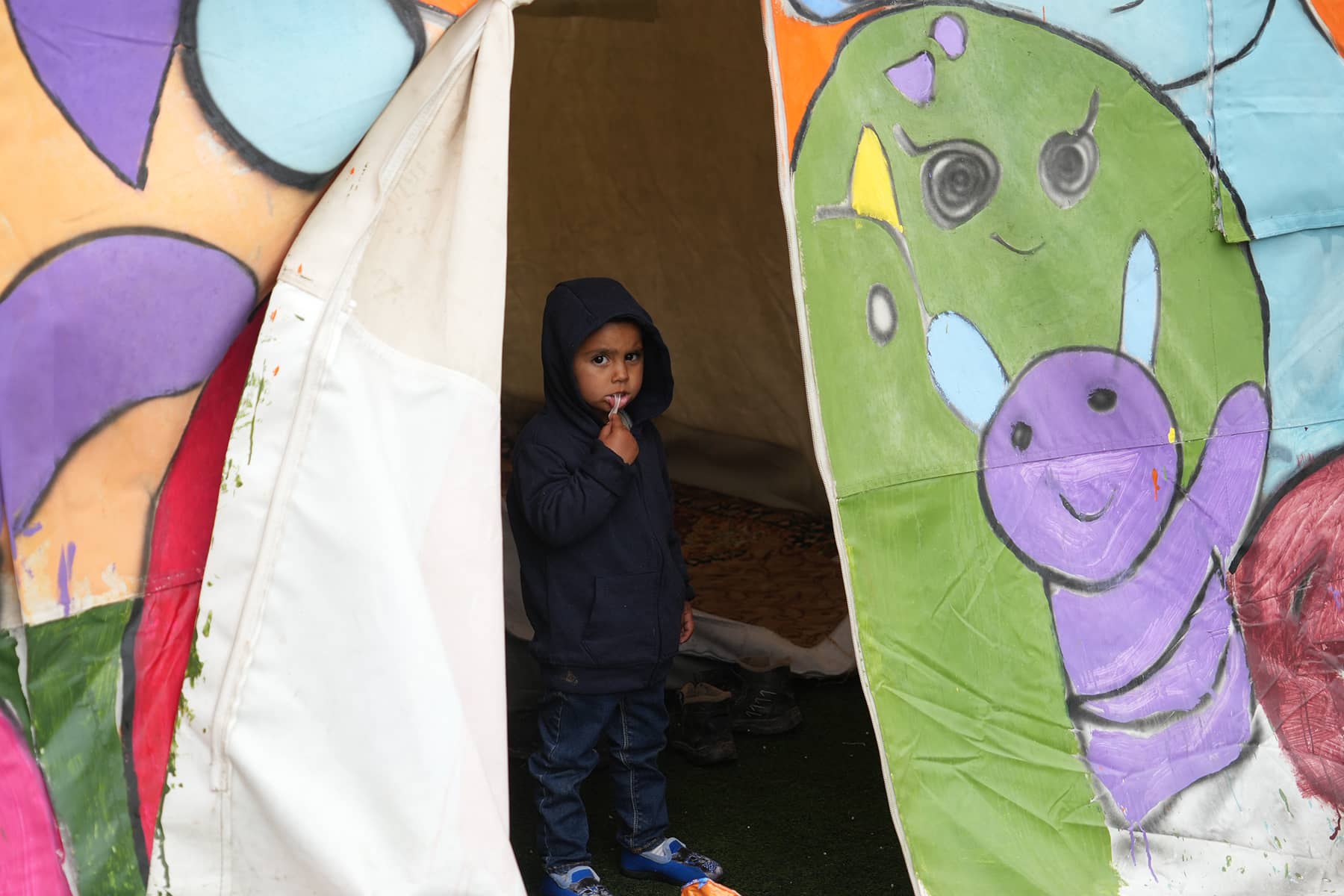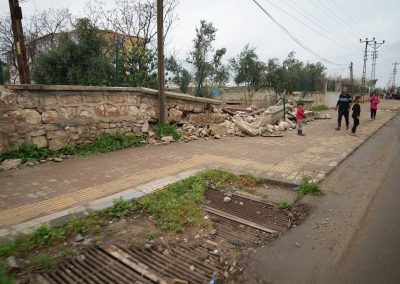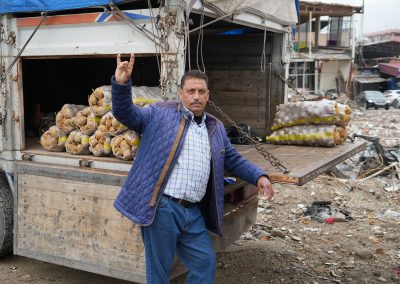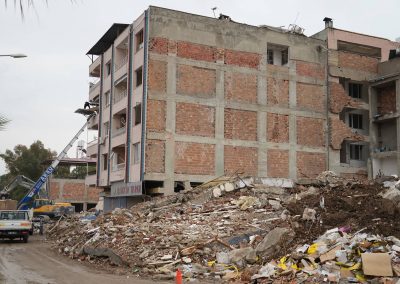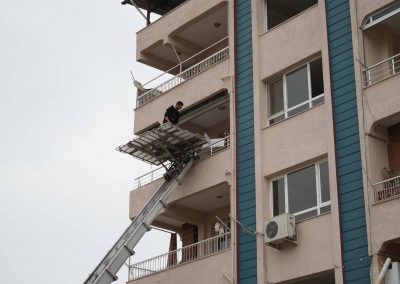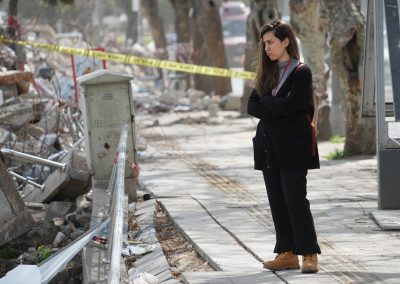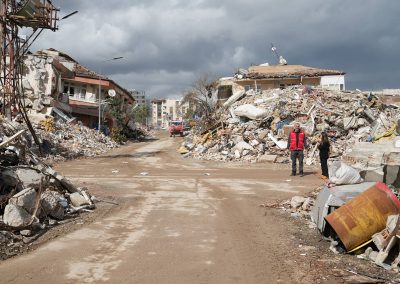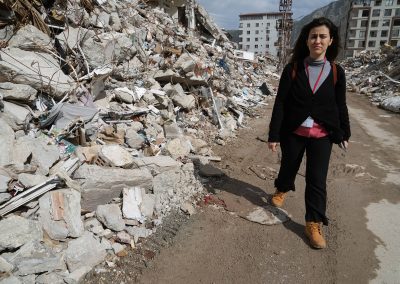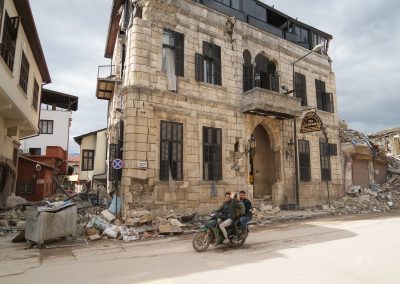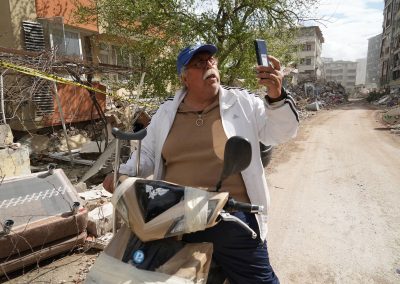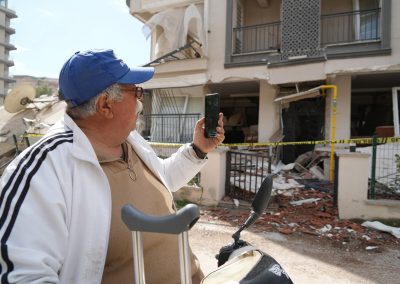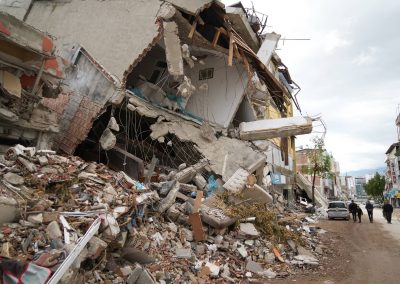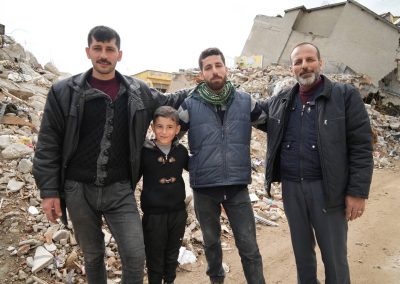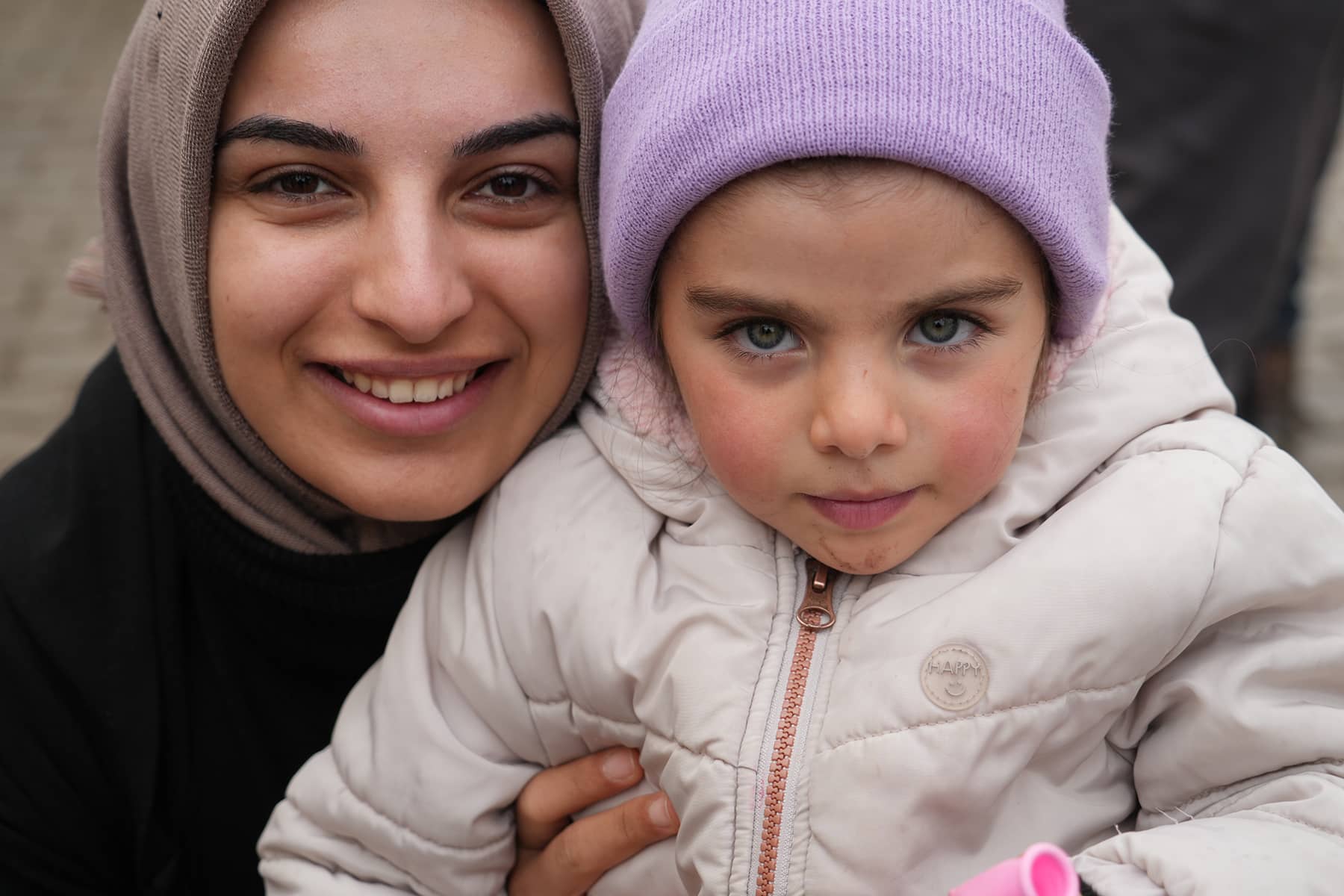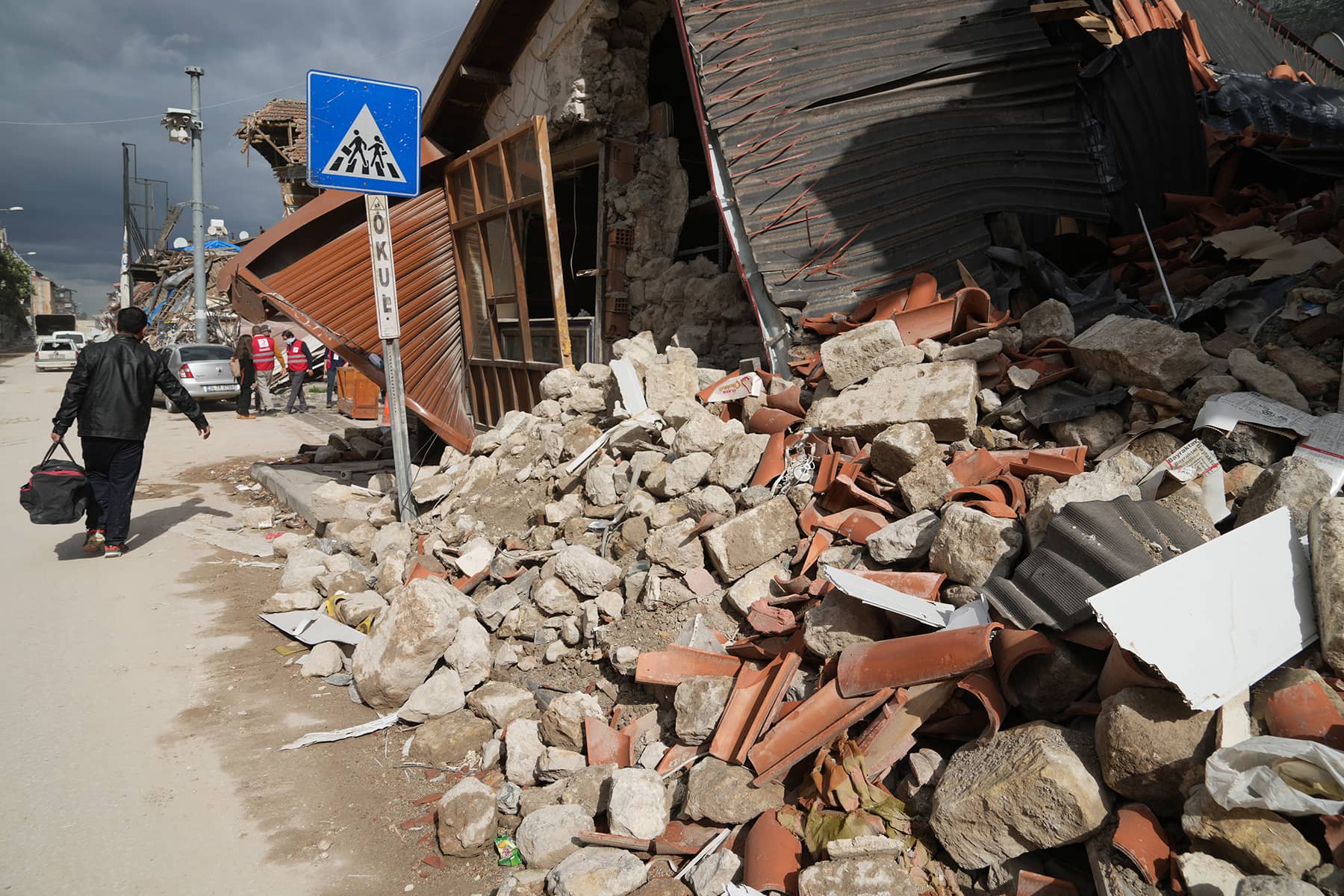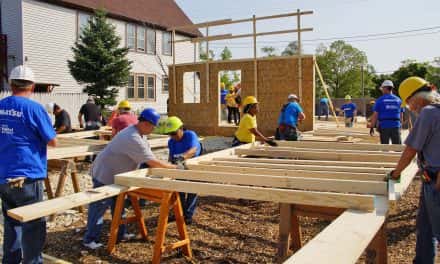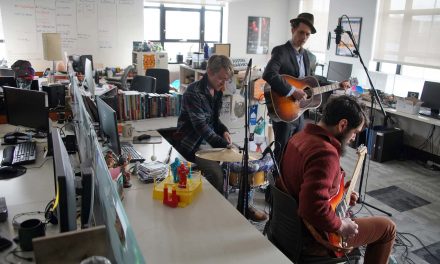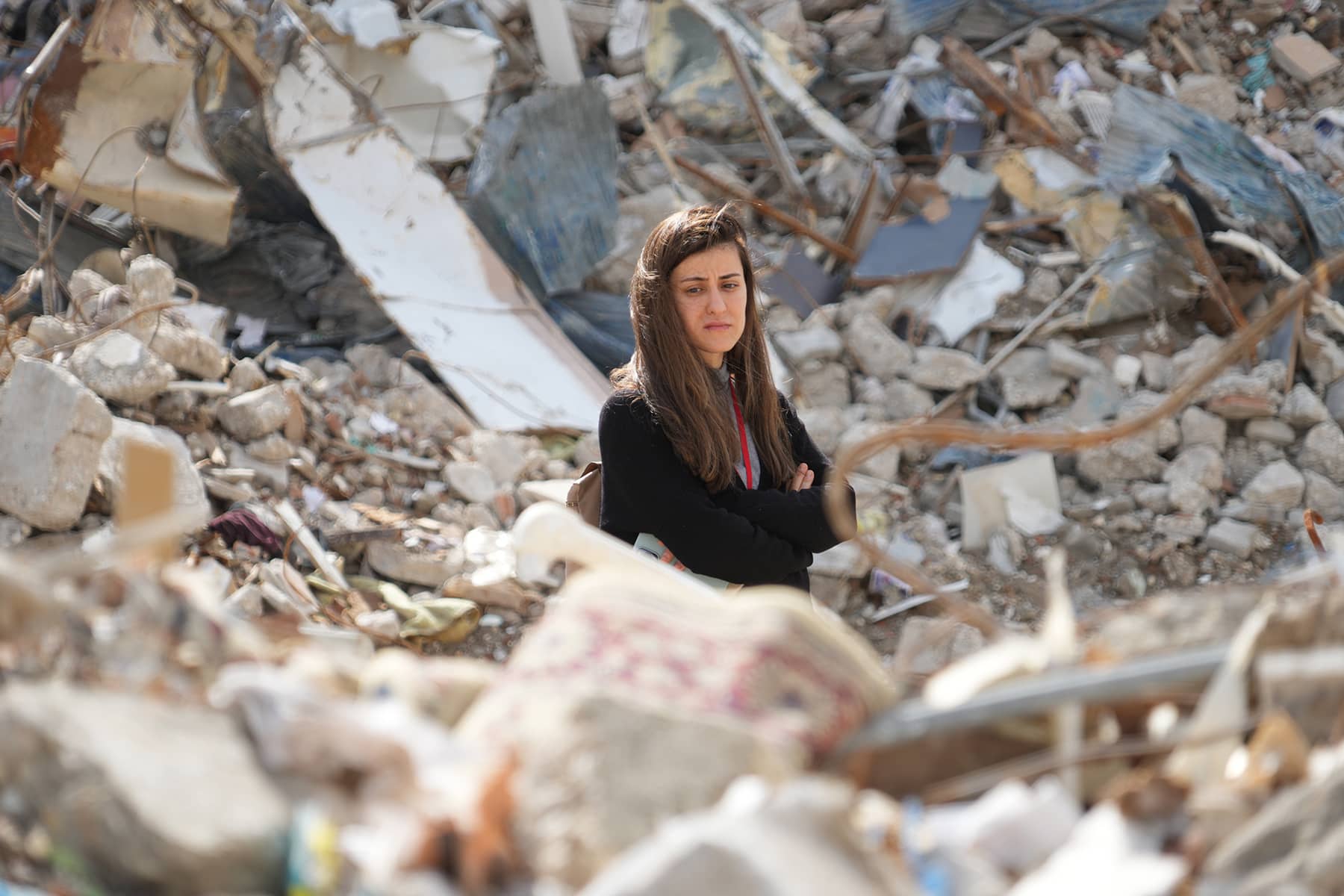
Earthquake Mission in Türkiye: A massive earthquake struck Türkiye and Syria on February 6, leaving tens of thousands dead and millions homeless. Milwaukee Independent was invited by a team of American doctors and clergy to document conditions in the hardest hit parts of Türkiye a month later, embedded with the Turkish Red Crescent, Türk Kizilay. This special series offers a snapshot of the situation in Adiyaman and Antakya in images, with stories from first responders and survivors of the unfolding natural disaster. mkeind.com/earthquakemissionturkiye
The earthquake that struck Türkiye and Syria on February 6 was a devastating event that left millions of survivors struggling to cope with the traumatic aftermath of such a massive catastrophe. One month later, the International Federation of Red Cross and Red Crescent Societies (IFRC) warned of the urgent need for a sustainable response to the health, mental health, and psychosocial needs of the public in order to prevent a second disaster.
Since February 6, Türk Kizilay, the Turkish Red Crescent, has been meeting the immediate humanitarian needs in the hardest-hit areas with IFRC support. Efforts have included the distribution of food, clean water, hygiene items, winter clothing, blankets, and the provision of first aid, health care, and sanitation services.
But one month into the emergency responses, scaling up mental health services remains crucial.
“The trauma of surviving a natural disaster like an earthquake can be overwhelming,” said Alpaslan Durmuş, President of the Red Crescent Academy and regional coordinator for relief operations. “Survivors may experience a range of emotions, including fear, anxiety, sadness, and anger. These emotions can be intense and difficult to manage.”
Many survivors of the earthquake have lost loved ones and their homes, which can exacerbate their trauma. It can also leave survivors feeling hopeless, helpless, and overwhelmed. Survivors may also experience physical symptoms as a result of their trauma.
“The stress and anxiety of surviving a natural disaster can manifest as physical symptoms, such as headaches, stomach problems, and fatigue,” said Durmuş.
The demand for mental health, psychosocial support, and health care remains immense. In some areas where access is difficult, it can put the most affected at an even higher risk of developing long-term mental health challenges that can hinder recovery.
The Kahramanmaraş earthquake and its daily aftershocks continue to rock survivors to their very core. Entire communities are suffering, with the losses of everything from family members to homes to jobs. In addition, many caregivers are struggling to cope with what they have seen on top of the exhausting workload and secondary trauma.
In Türkiye, Red Crescent teams set up safe spaces to offer mental health support for children to play, serving over 42,000 people, including first responders. They also provide psychological first aid and offer referrals to local health facilities.
“Responding from the local level, with both mobile and fixed units, is what allows the Turkish Red Crescent and IFRC to respond immediately to the physical and mental health needs of those most affected. A localized and early health and mental health response will continue to be essential to prevent negative long-term and even permanent effects on people’s lives,” said Lauren Clarke, IFRC health coordinator for the humanitarian response in Türkiye.
In Syria, the Syrian Arab Red Crescent teams have supported over 30,000 people with psychological first aid, especially children, and continue to provide healthcare and medicines through mobile health units, physical rehabilitation programs, and clinics. The earthquake comes after nearly 12 years of conflict that has already displaced millions and traumatized many communities.
“Many of the damages caused by the earthquake are not visible. People have suffered more than a decade of conflict which has already affected their mental health and well-being. This earthquake adds another layer to that. We also have seen that psychological wounds will not always appear right away. That is why we need to provide continuous support, not only right now but for years to come. Hopefully, there will not be another disaster that would complicate the situation even further,” said Gwendolen Eamer, IFRC Health Coordinator in Syria.
The earthquake struck a region that was already facing significant challenges – including political instability, a large population of refugees and displaced persons, and economic struggles. The earthquake only compounded those challenges, with many people left homeless and without access to basic necessities like food, water, and medical care.
The human toll of the earthquake was particularly devastating for the many refugees and displaced persons, who were living in the border region between Türkiye and Syria. Those people were already living in precarious conditions, and the earthquake made their situation even more dire. Many of these individuals lost what little they had.
Beyond the immediate physical impact of the earthquake, many people in the affected areas have also experienced toxic trauma. Toxic trauma refers to the psychological and emotional impact of a disaster, and can manifest as a range of symptoms, including depression, anxiety, post-traumatic stress disorder (PTSD), and substance abuse.
The toxic trauma experienced by those impacted by the February 6 earthquake is rooted in the traumatic experience of surviving a natural disaster. Many people who lived through the earthquake have described feelings of fear, helplessness, and vulnerability, which can have a profound impact on their mental and emotional well-being.
Additionally, the ongoing challenges of recovery and rebuilding can exacerbate the toxic trauma experienced by those impacted by the earthquake. The process of rebuilding homes, businesses, and communities can be slow and challenging. The ongoing uncertainty and stress can take a significant toll on mental health.
In the wake of the earthquake, it is crucial that support is provided to those impacted by the disaster. That includes longer-term support for those experiencing toxic trauma.
“Survivors may experience flashbacks, nightmares, and anxiety related to the earthquake, even years after it has occurred,” added Clarke. “It is important for survivors to seek help and support as they navigate the trauma of the earthquake. There are resources available to help survivors cope with their emotions and begin the healing process.”
Those resources can include counseling, support groups, and other forms of therapy. It is also important for survivors to take care of themselves physically and mentally by eating well, getting enough sleep, and engaging in regular exercise.
“The path to recovery from the trauma of the earthquake can be long and challenging,” added Eamer. “But with the right support and resources, survivors can begin to rebuild their lives and move forward from this devastating event.”
Series: Earthquake Mission in Türkiye
- Earthquake Mission in Türkiye: Documenting vast devastation with the Turkish Red Crescent
- Displaced and Deserted: What remains of Adiyaman and Antakya after the February 6 disaster
- Türk Kizilay: Providing emergency relief to those affected by the Kahramanmaraş earthquake
- Refugees without a war: Surviving both a massive earthquake and its toxic trauma in Türkiye
- Thinking about the best way to help survivors in Türkiye when the unthinkable happens
- From Milwaukee to Istanbul: A visual diary from a city at the crossroads of Europe and Asia
A massive 7.8 magnitude earthquake struck parts of Türkiye and Syria on February 6. The Milwaukee public is encouraged to make donations to Türk Kizilay, the Turkish Red Crescent, in support of their vital crisis relief work.
Lee Matz
Lee Matz

